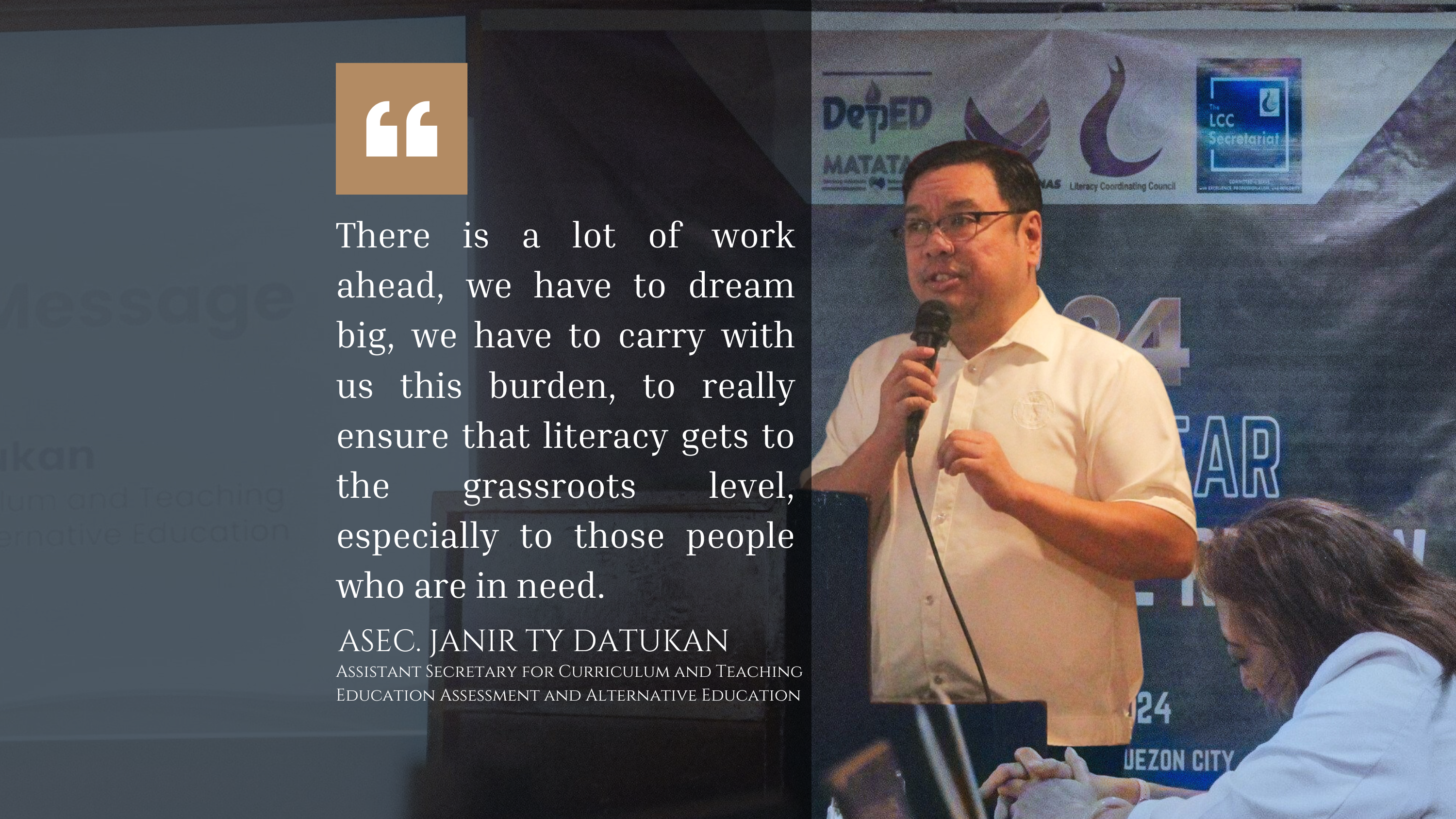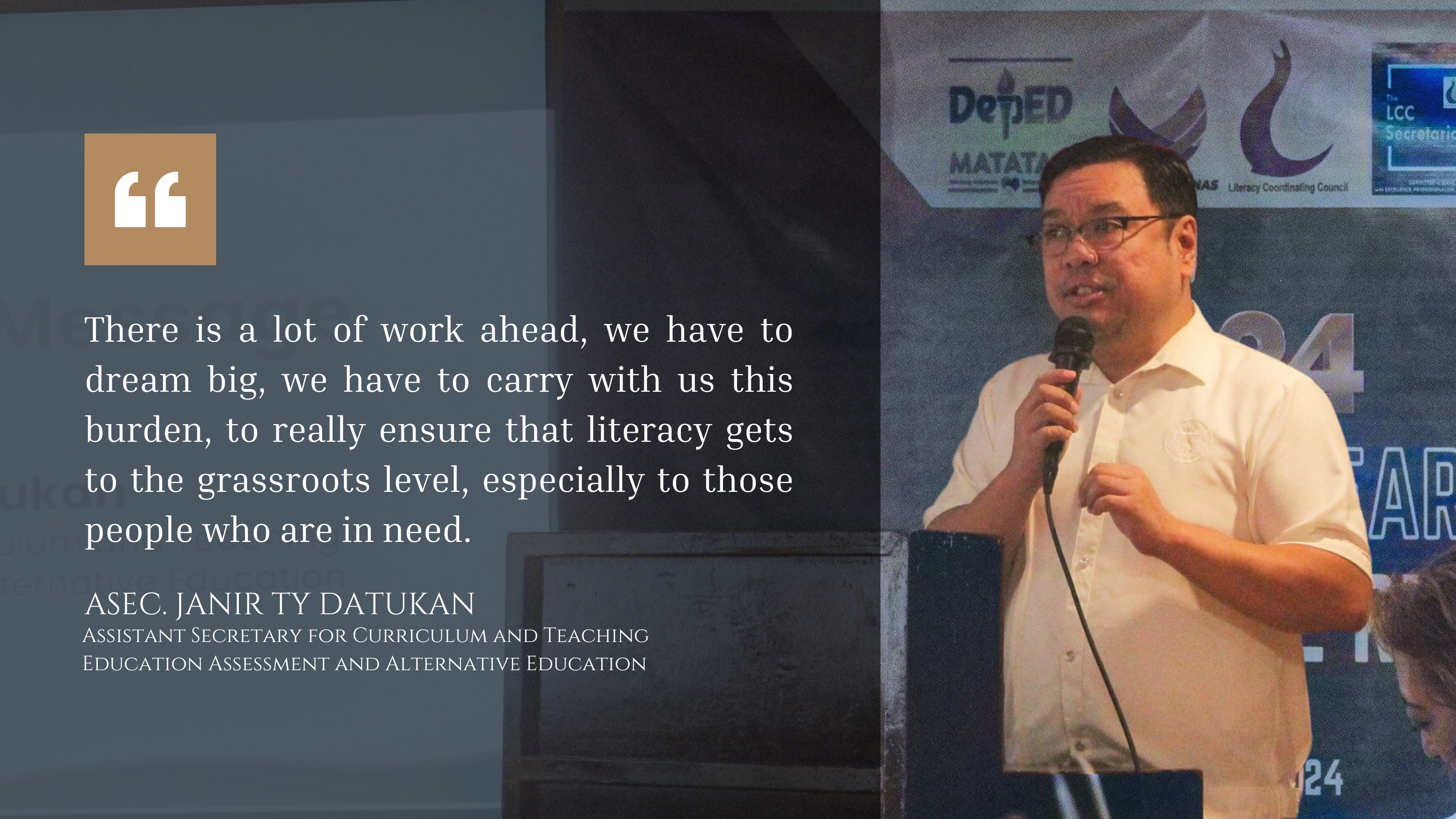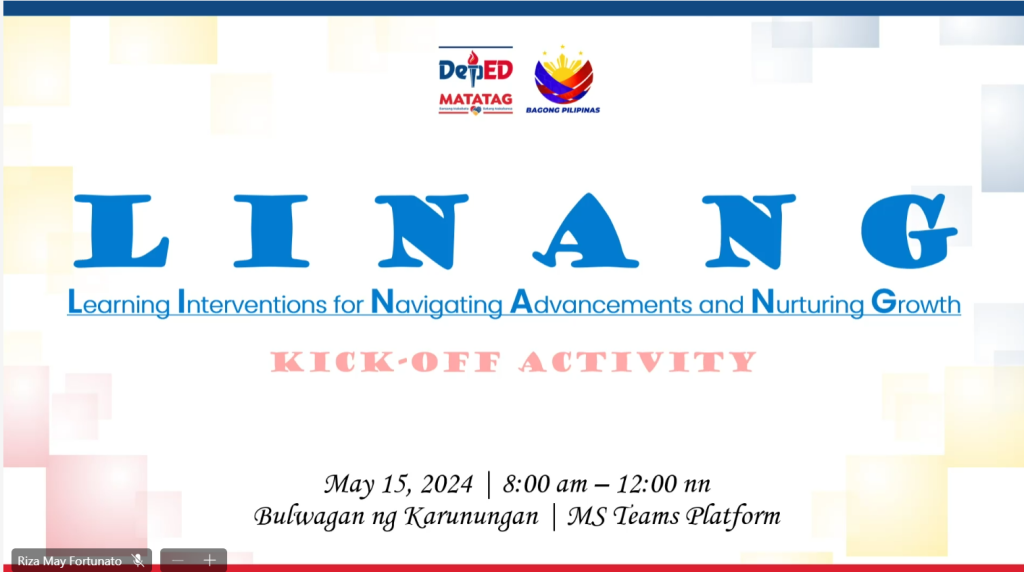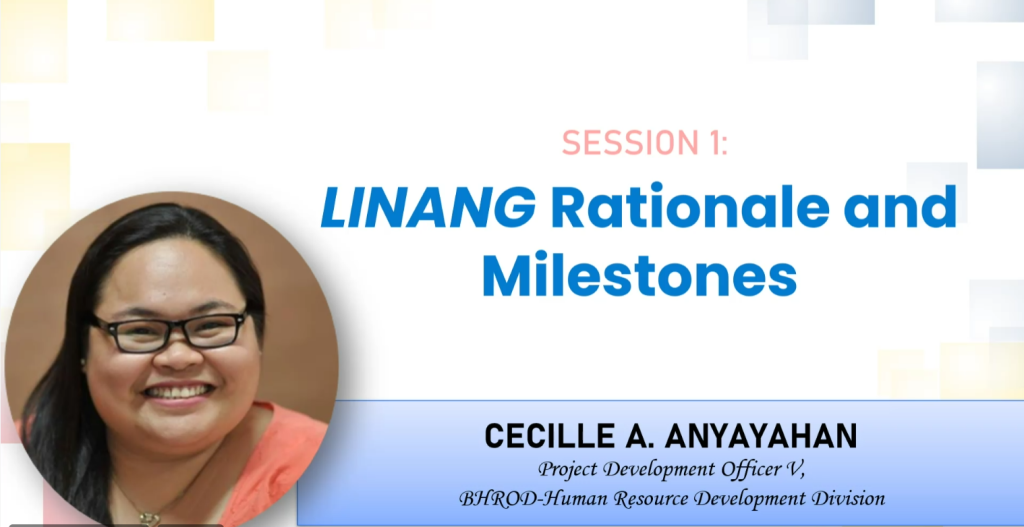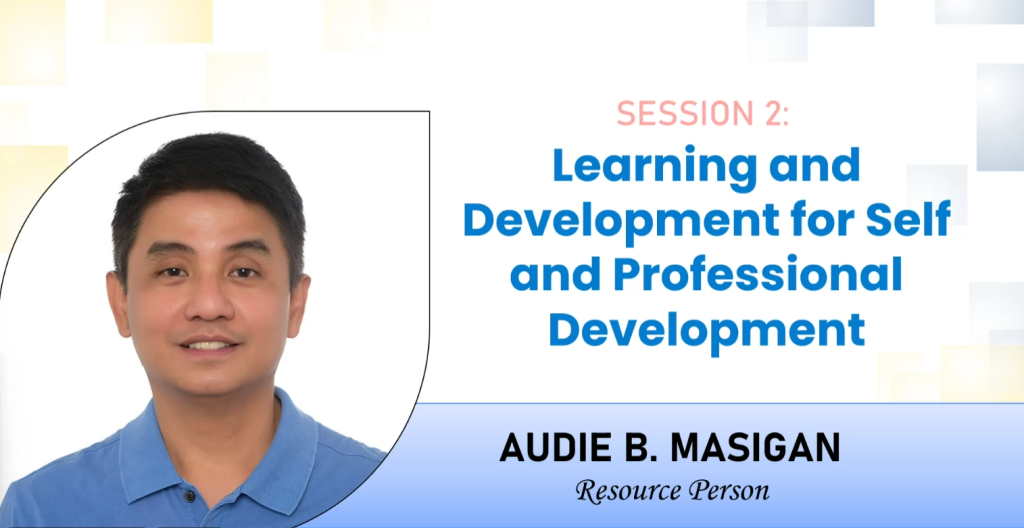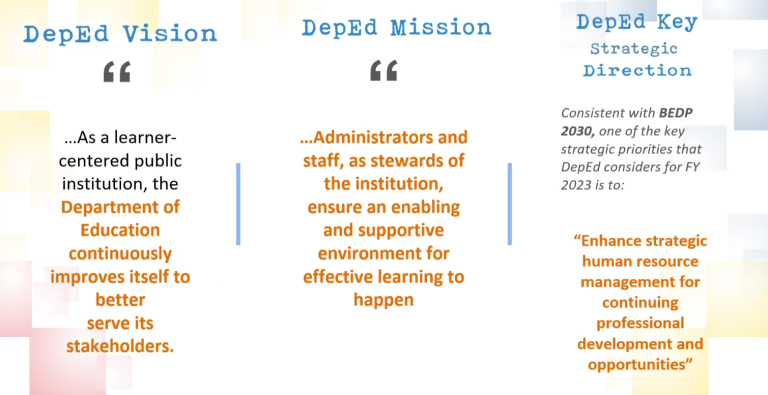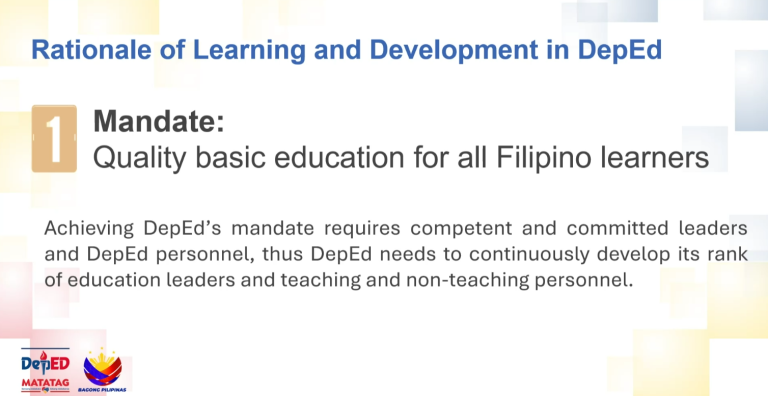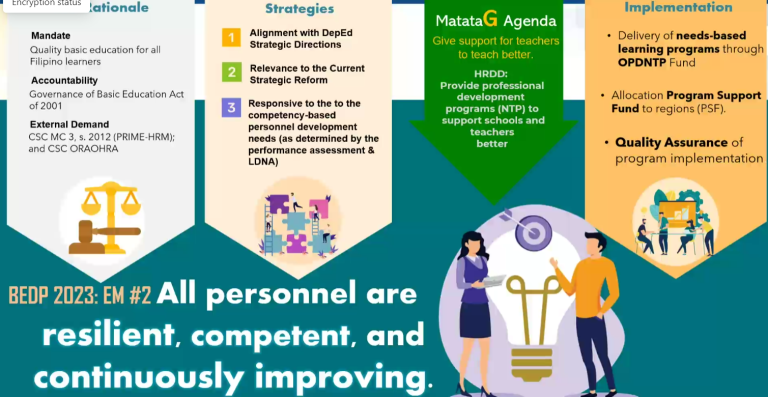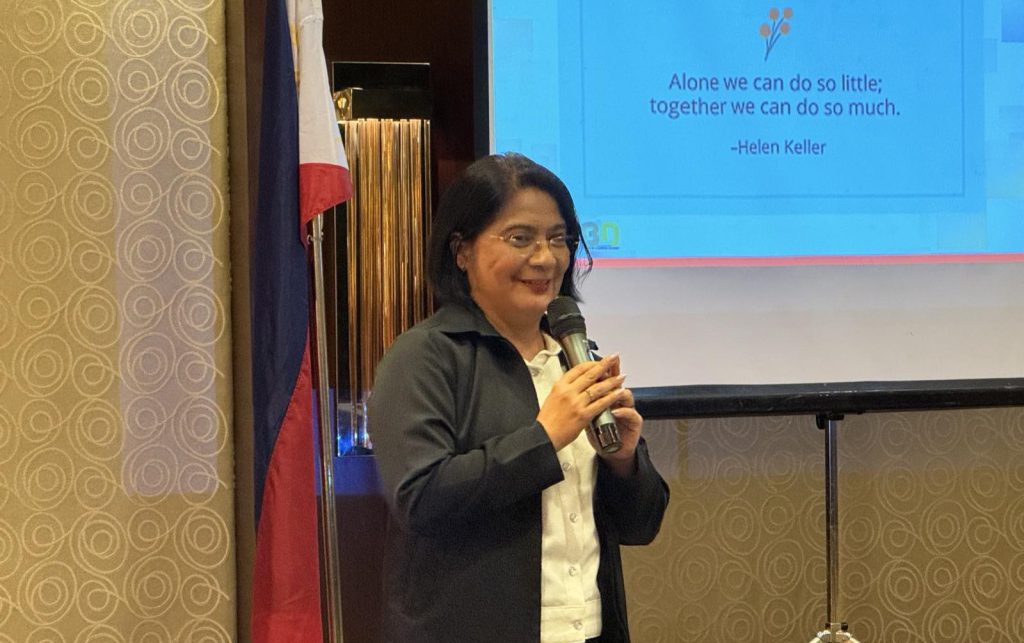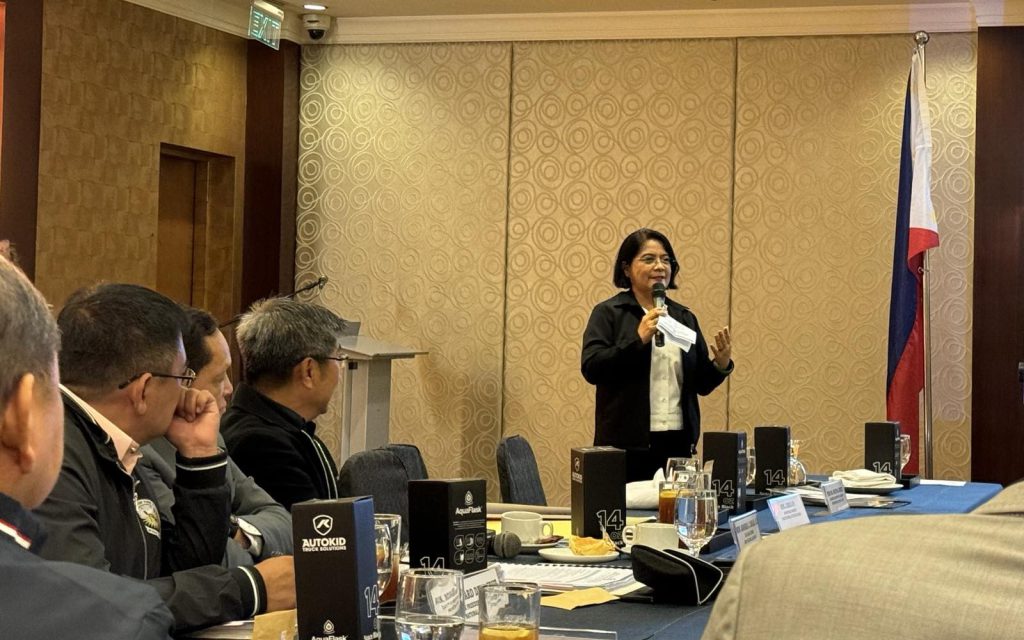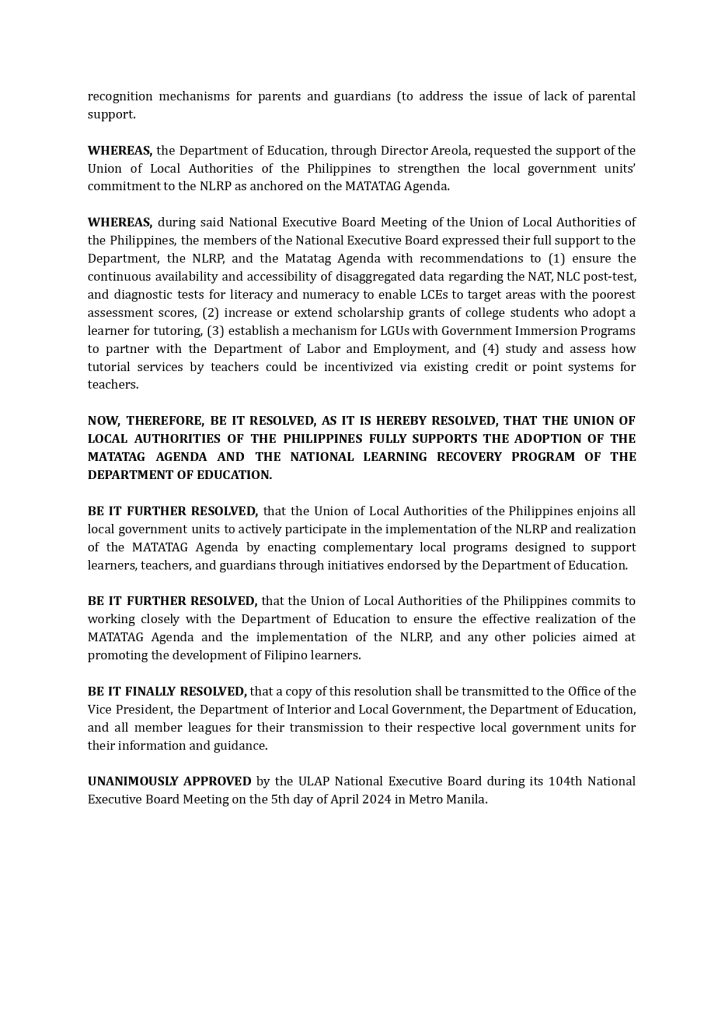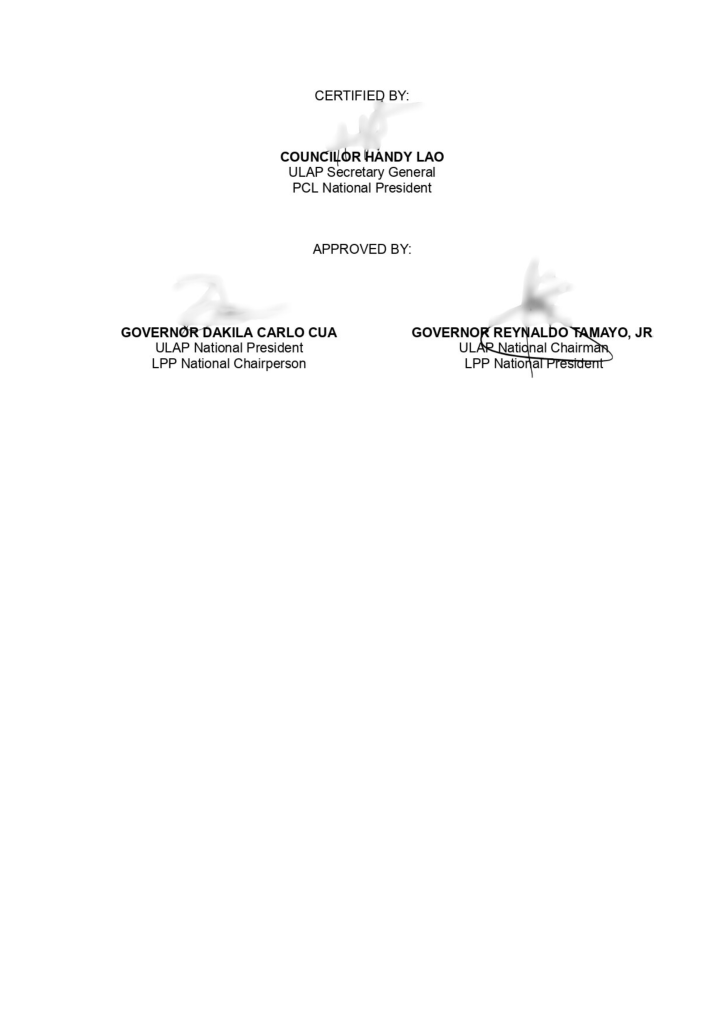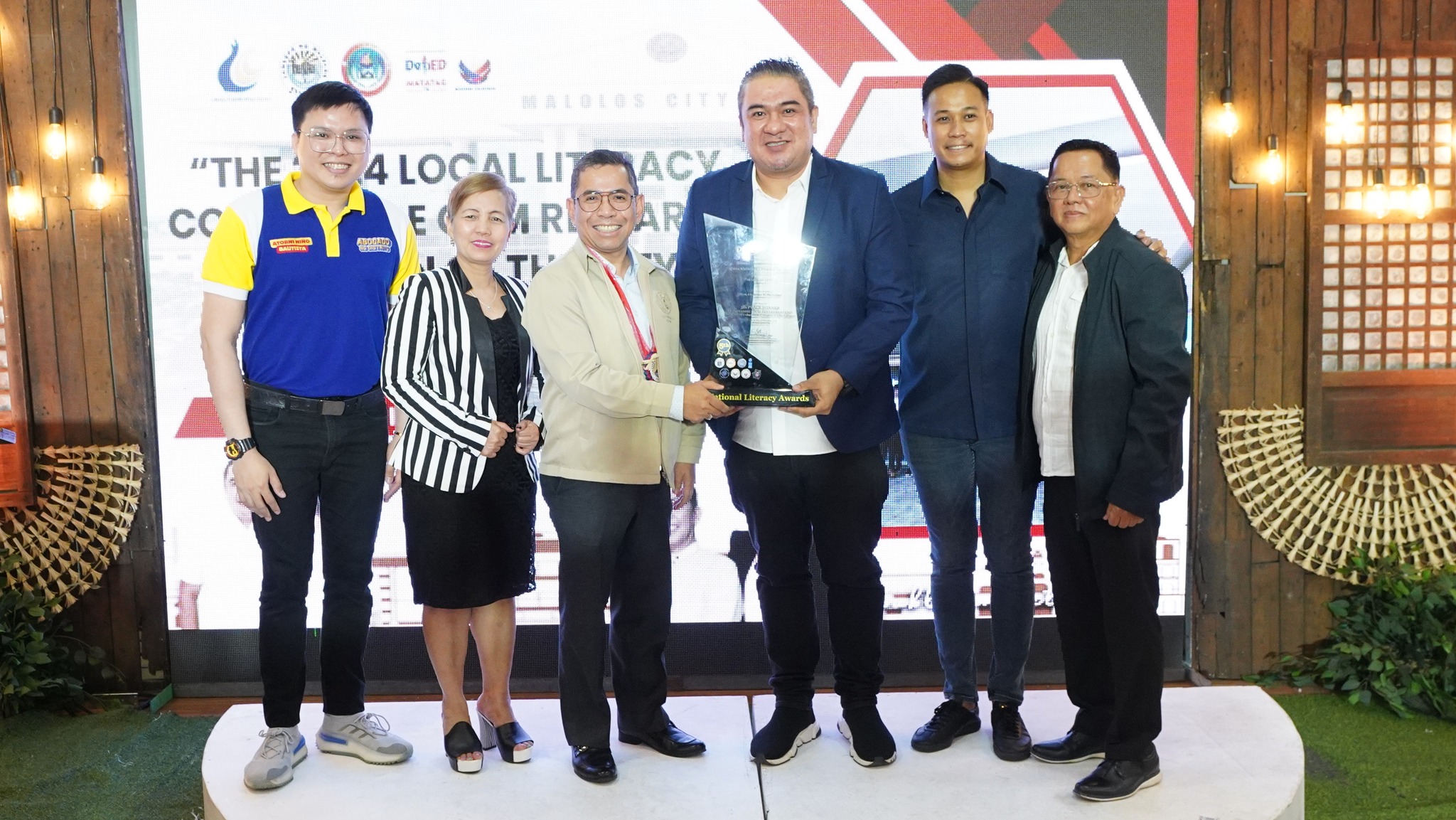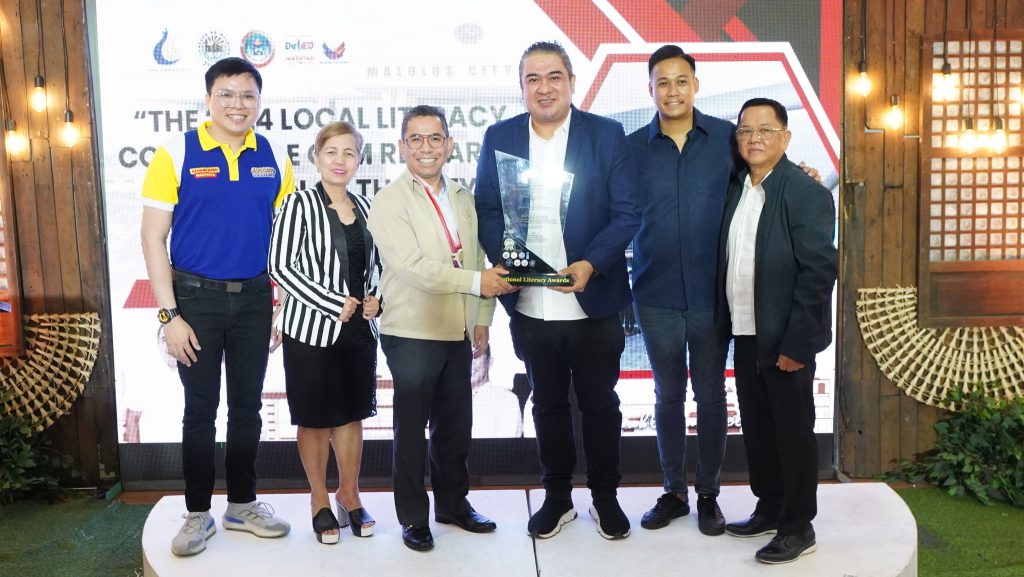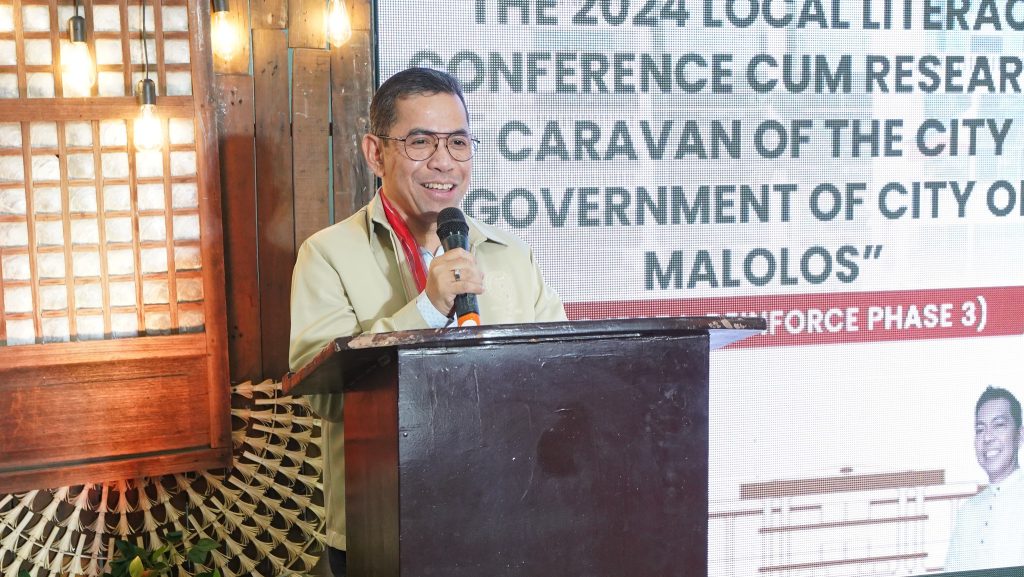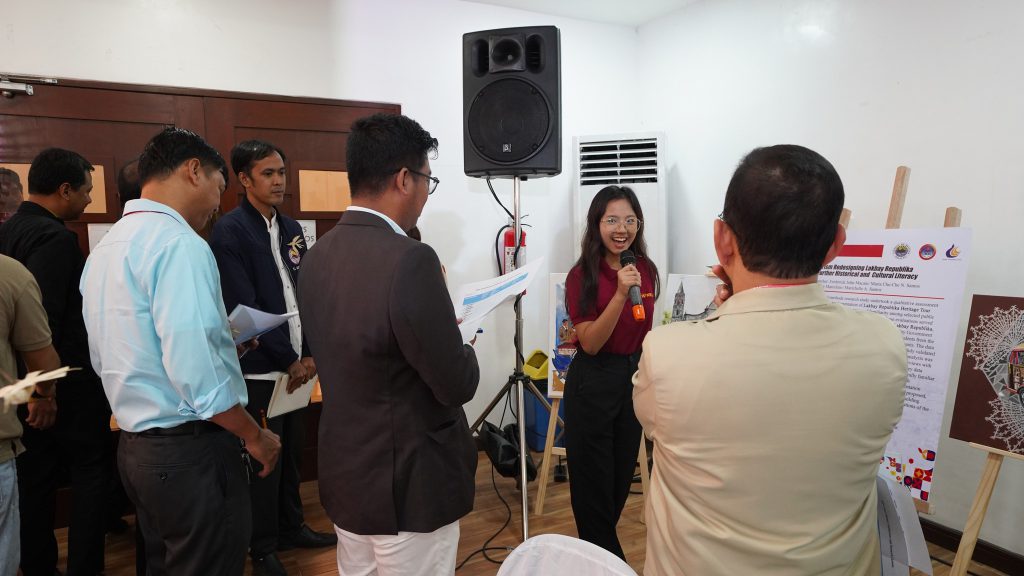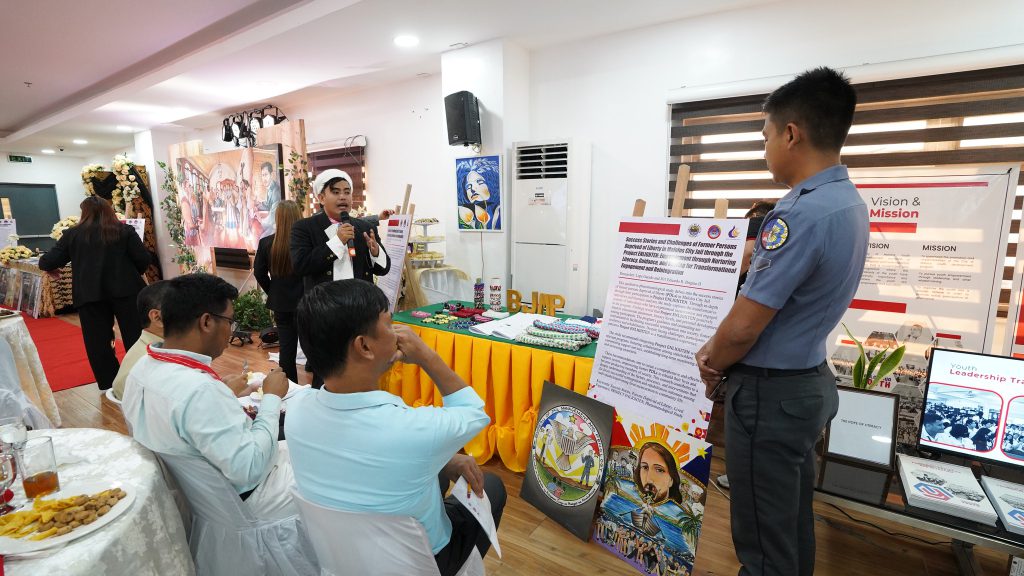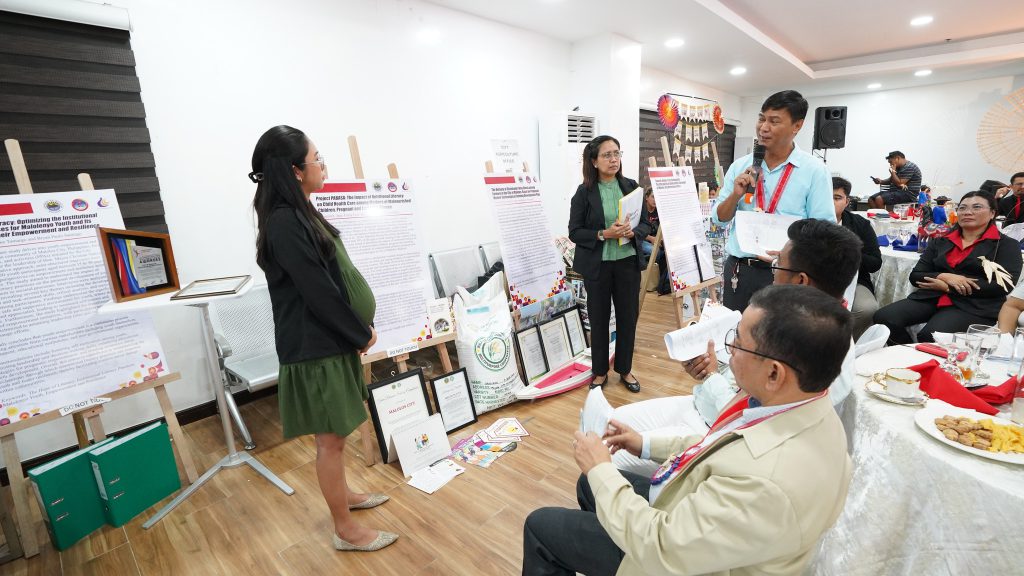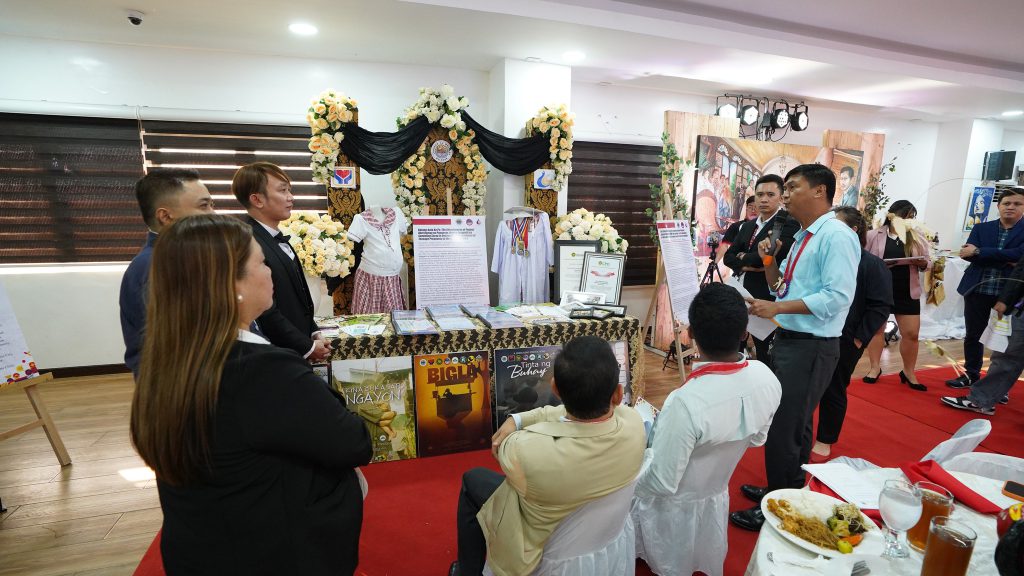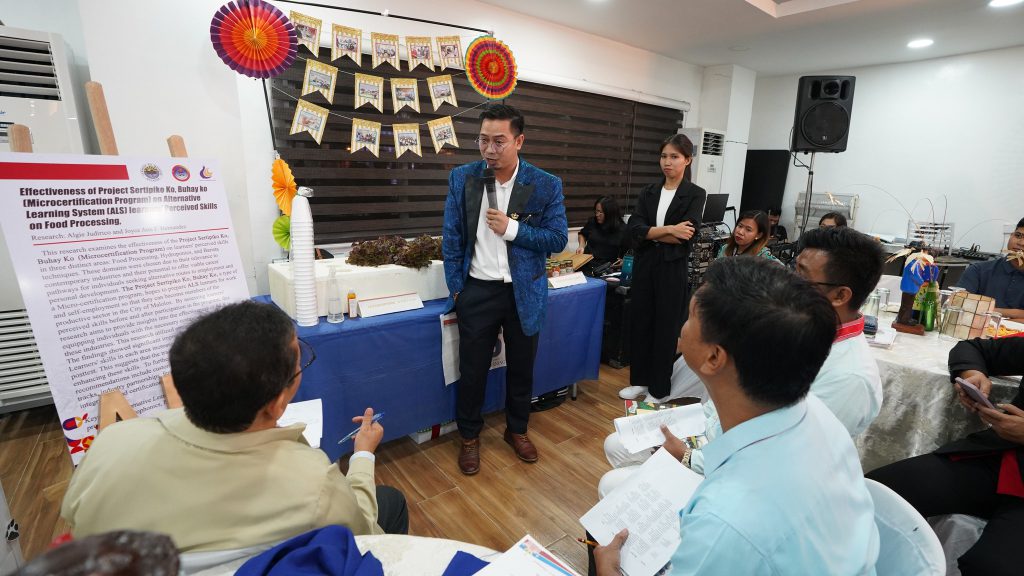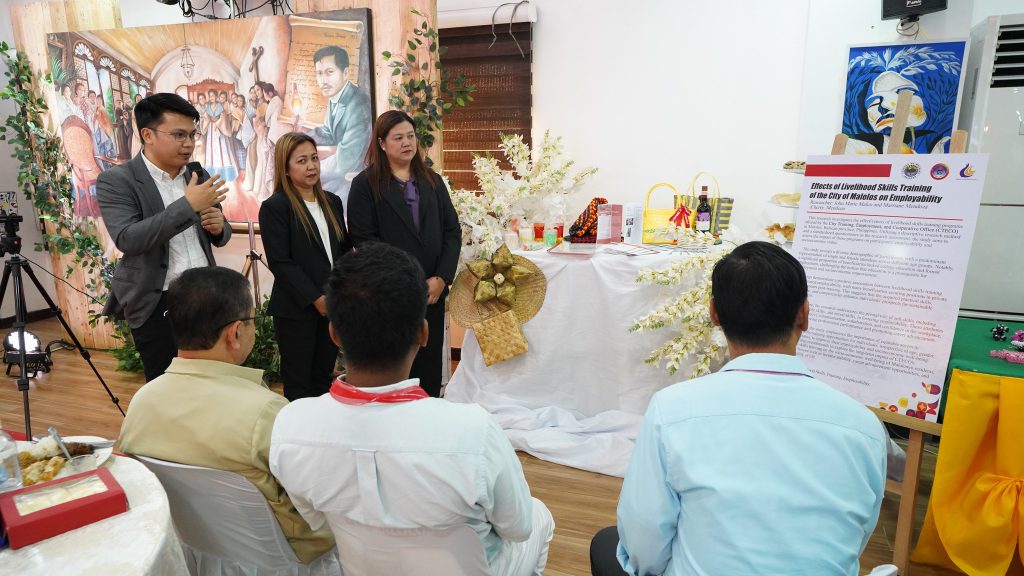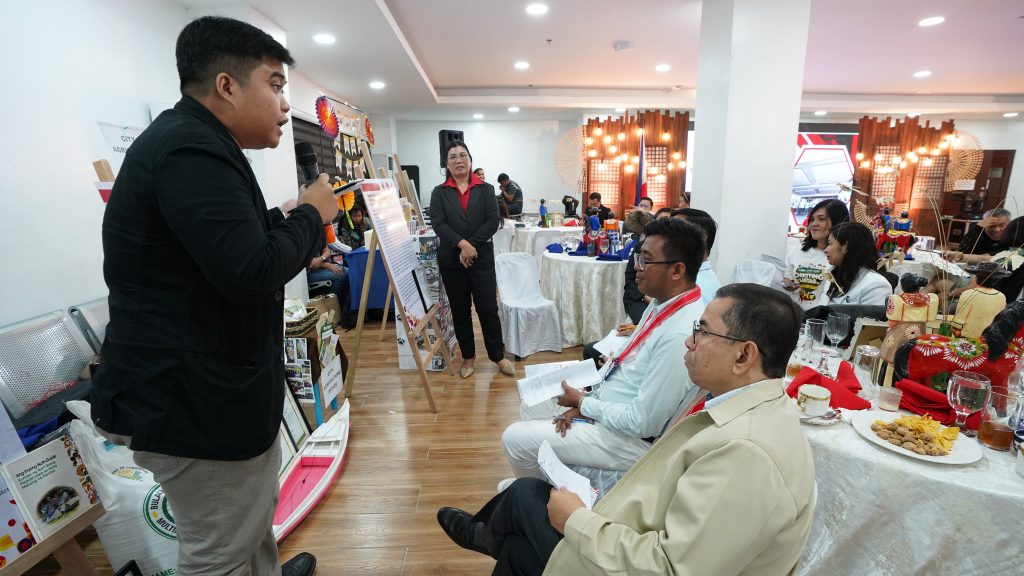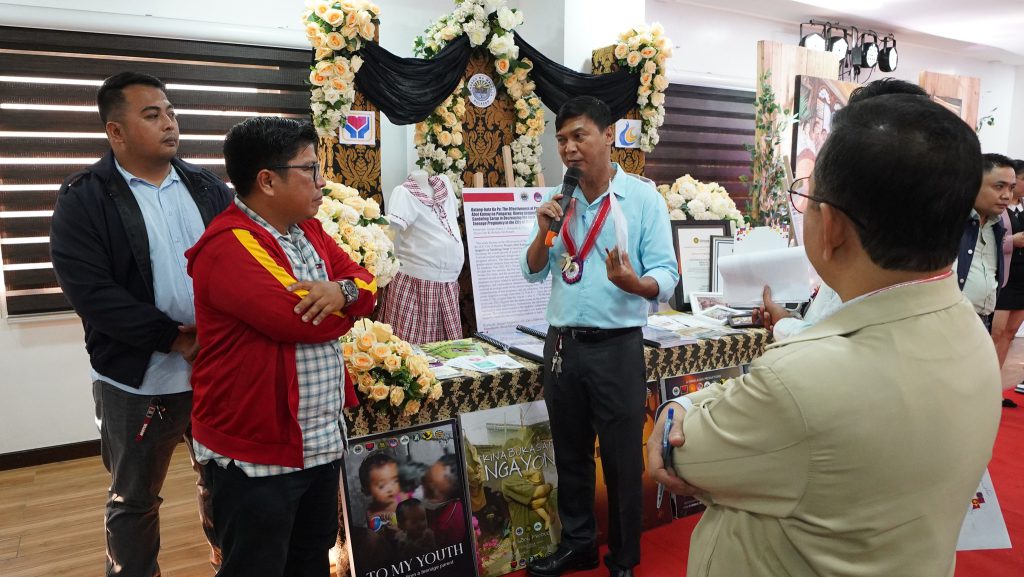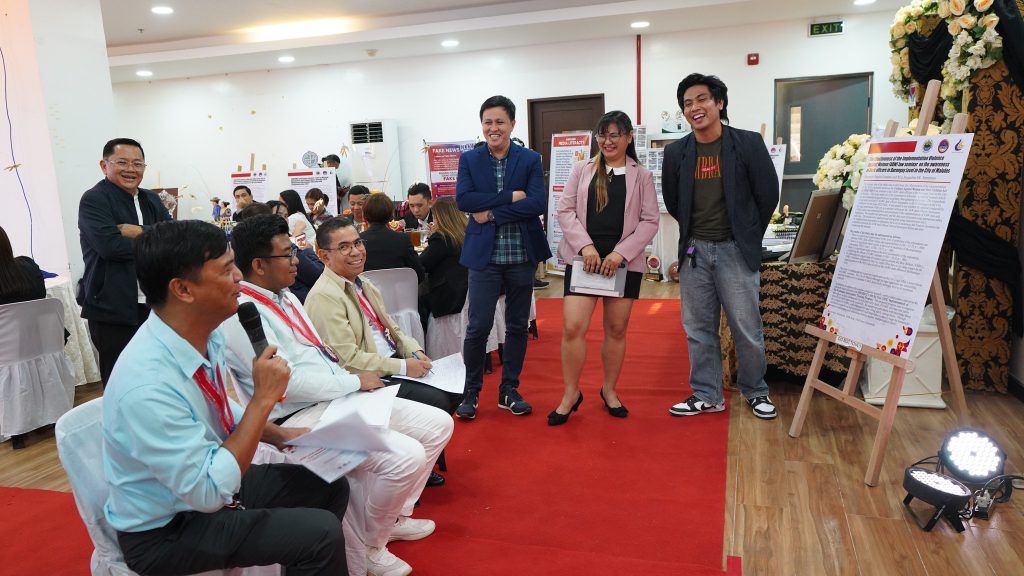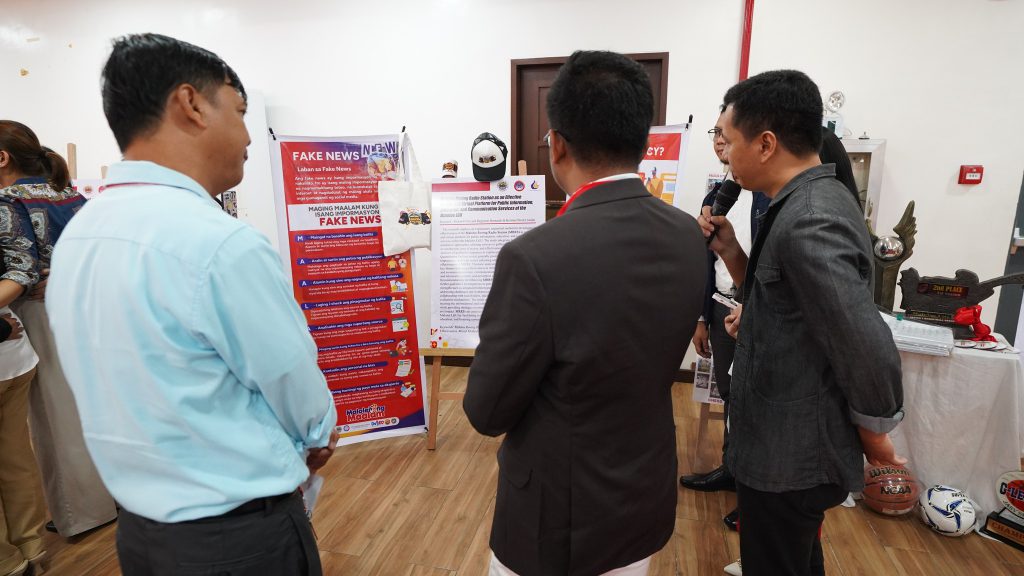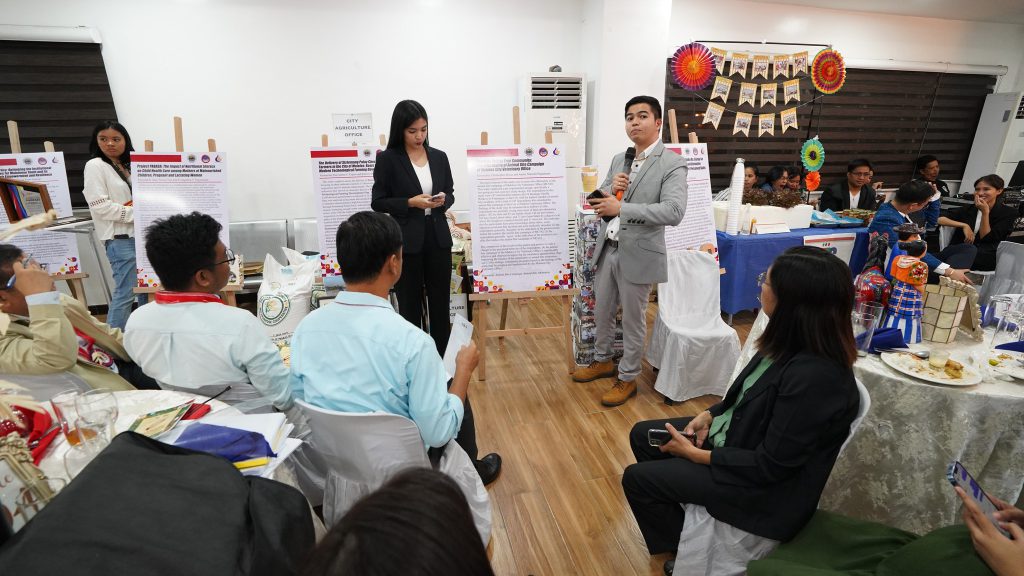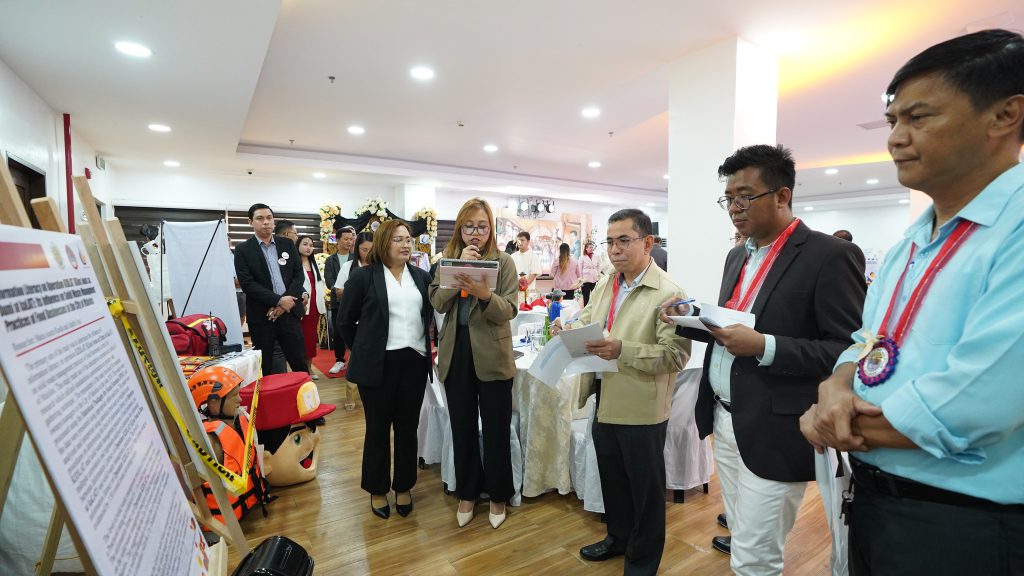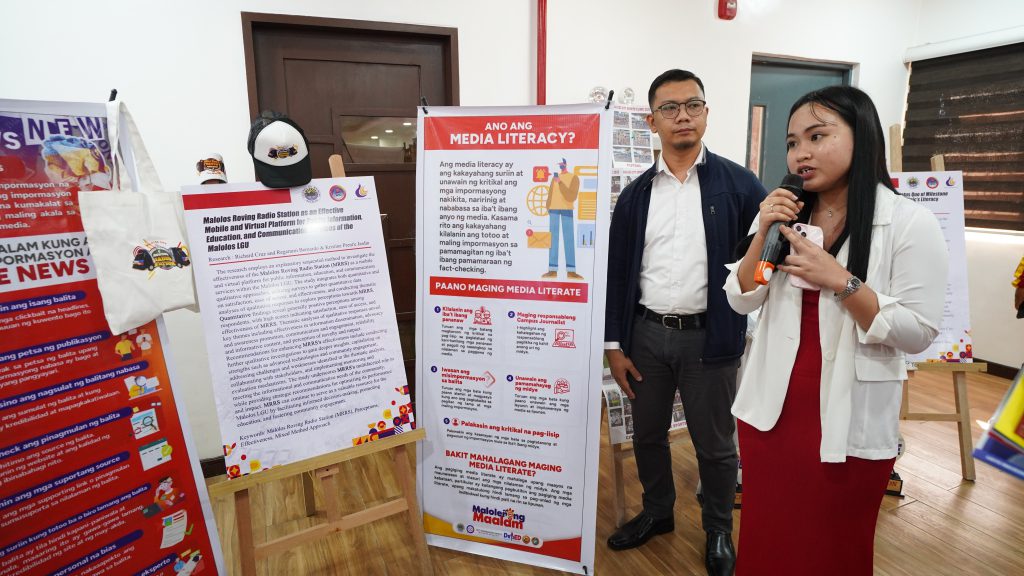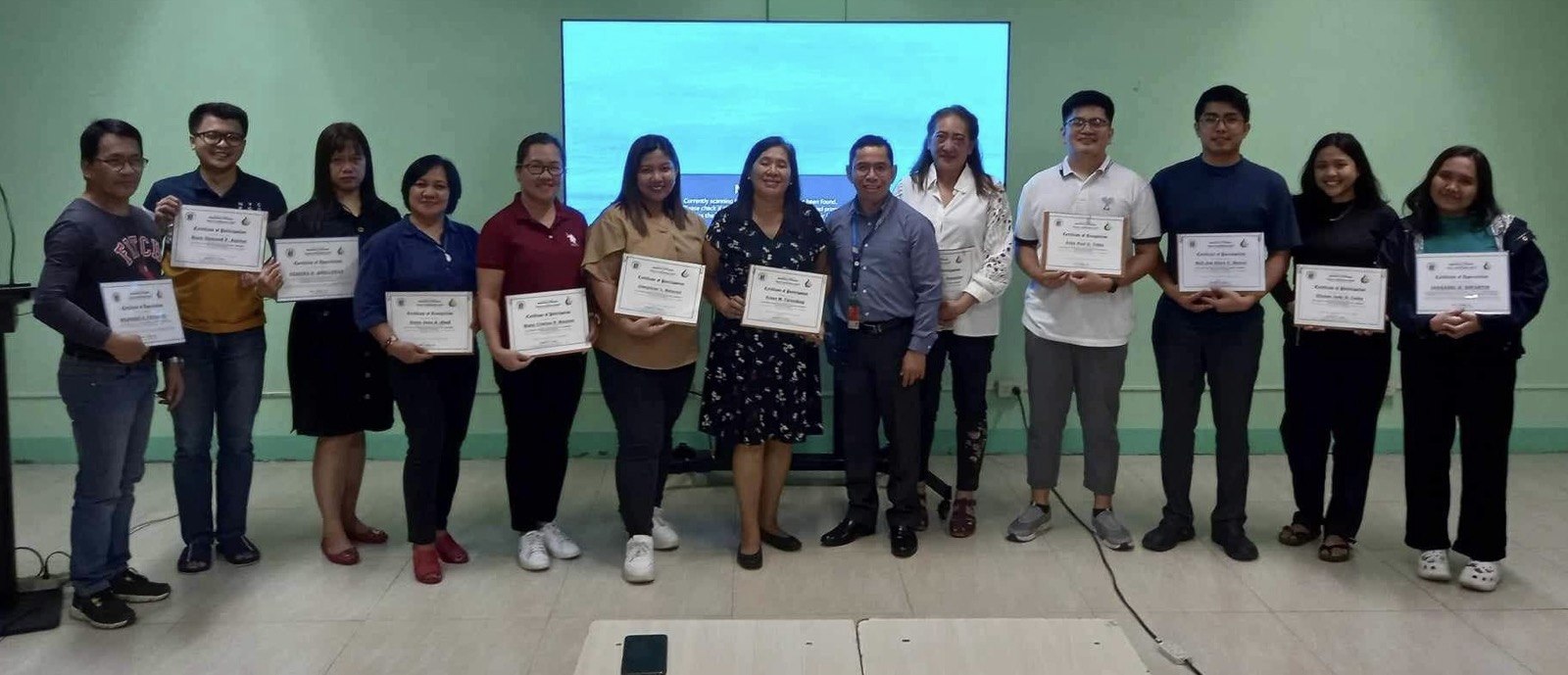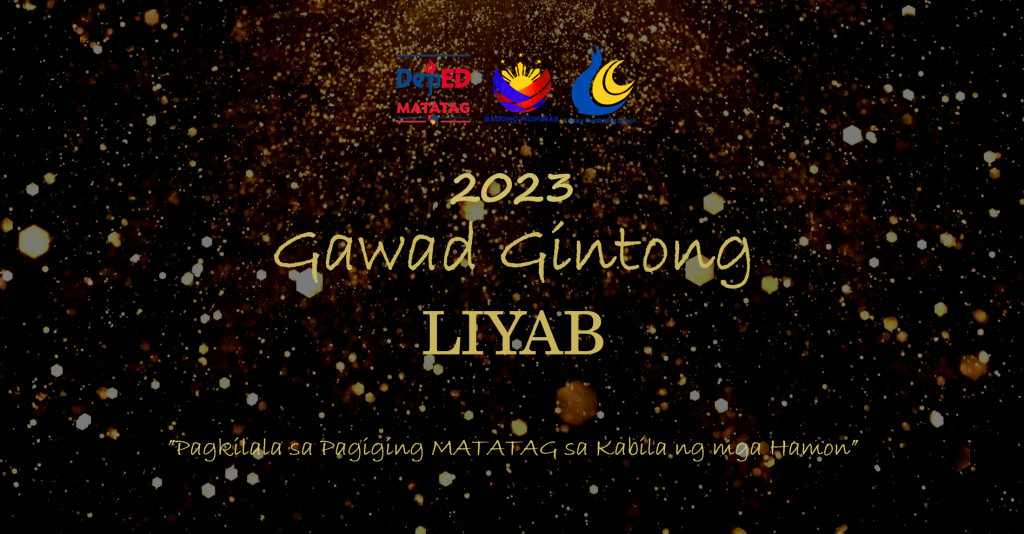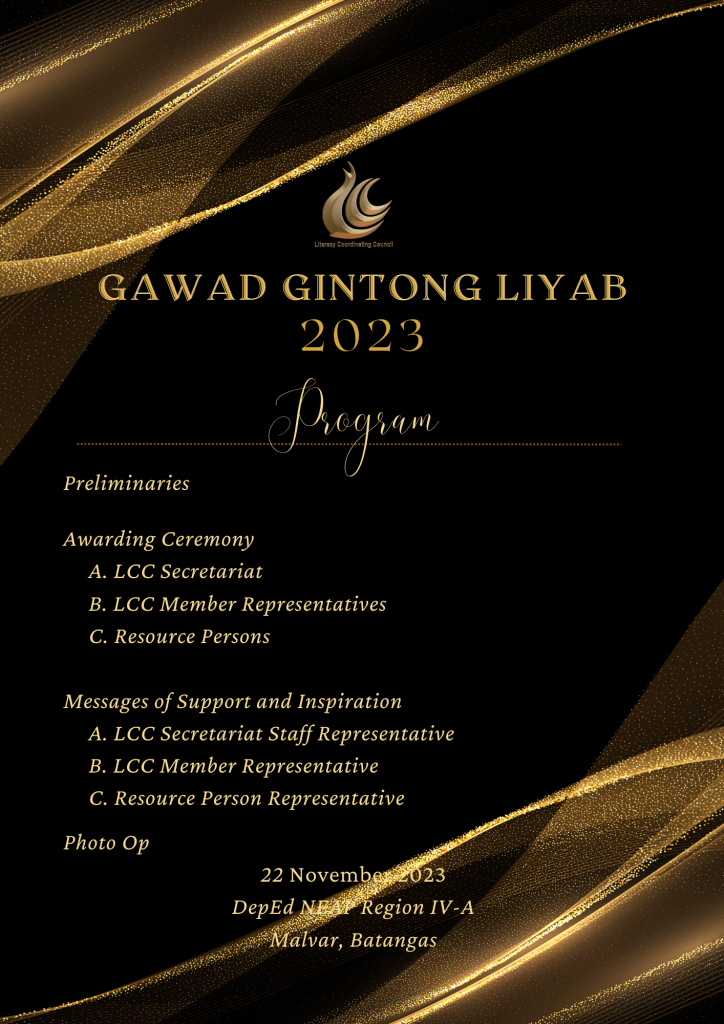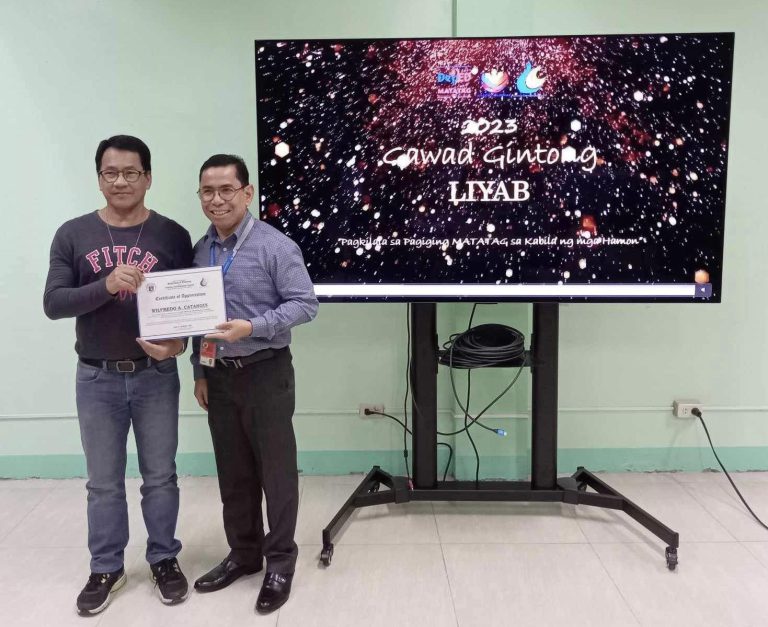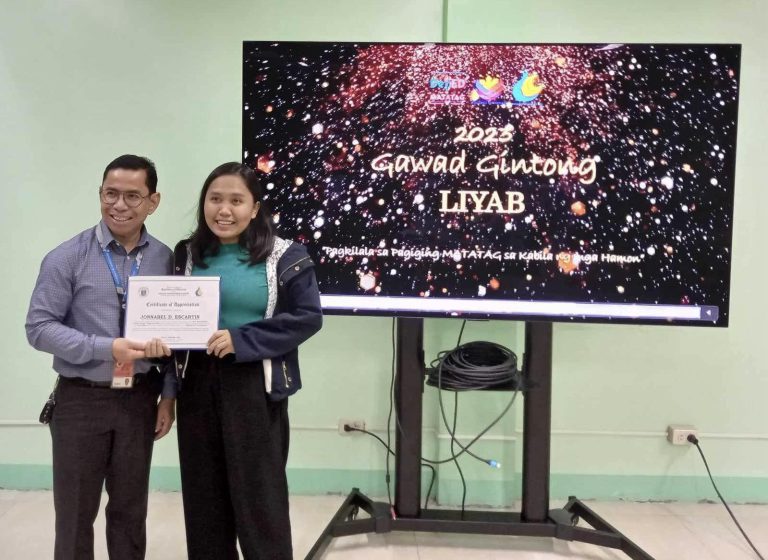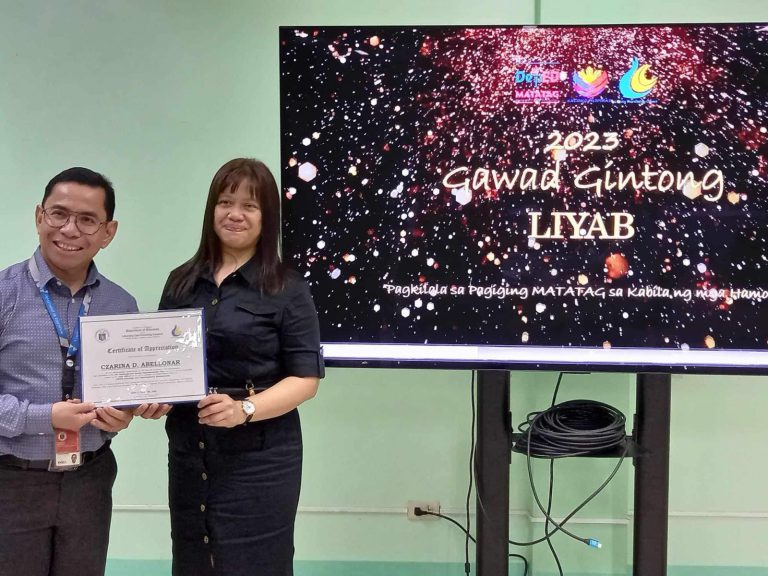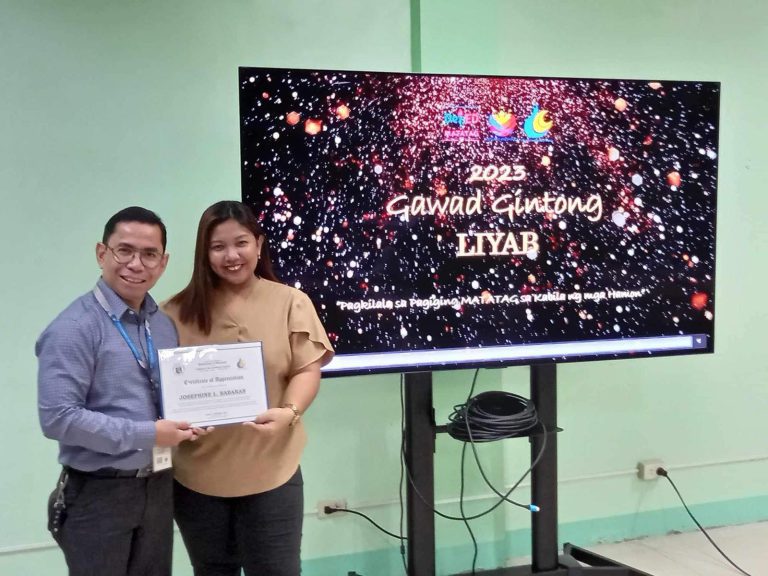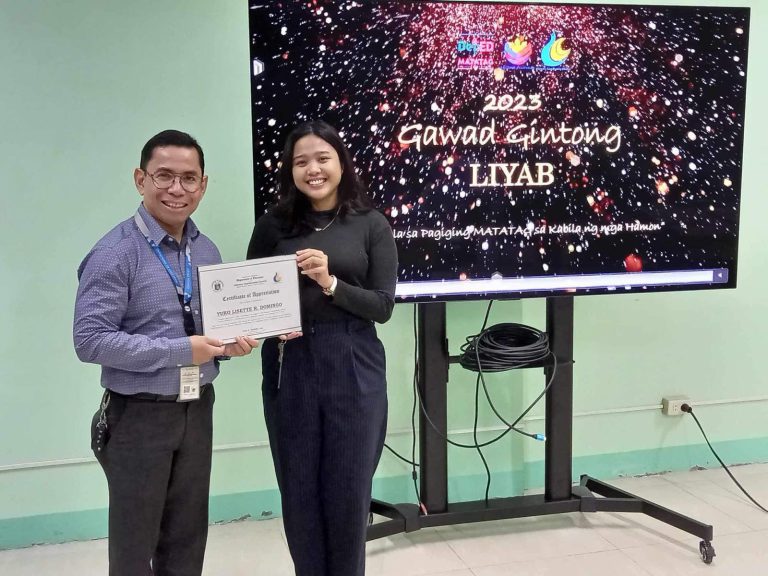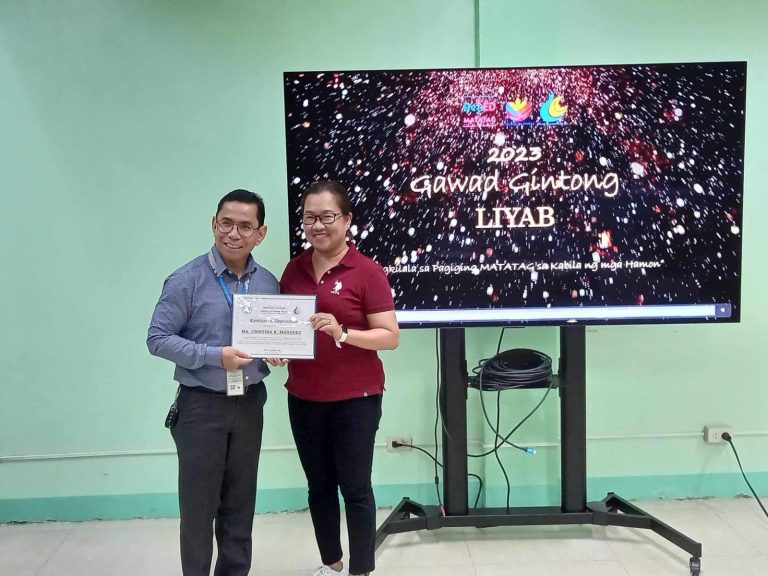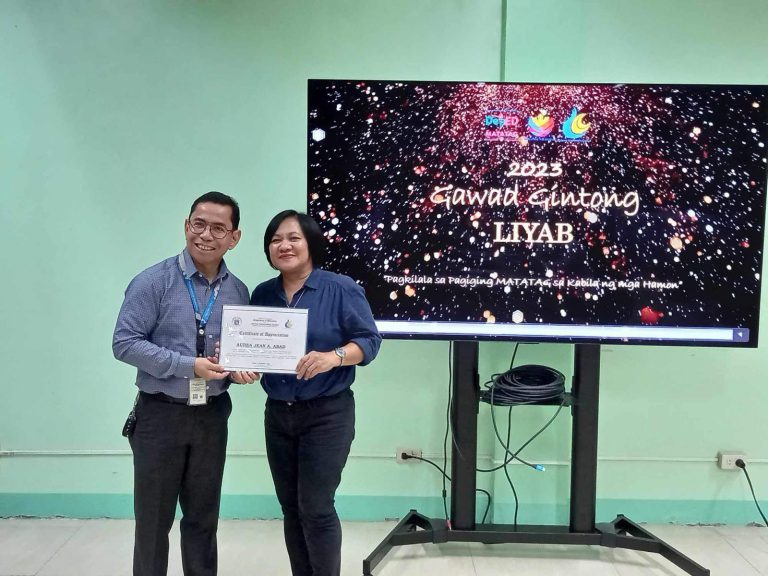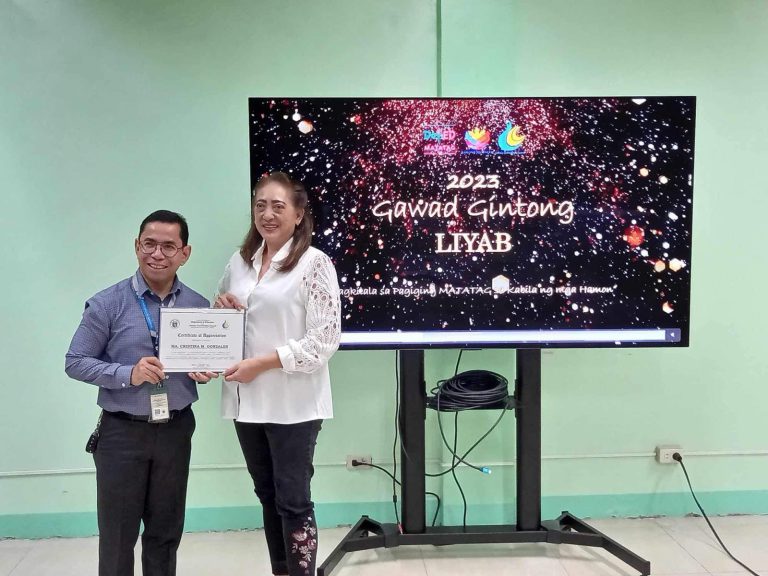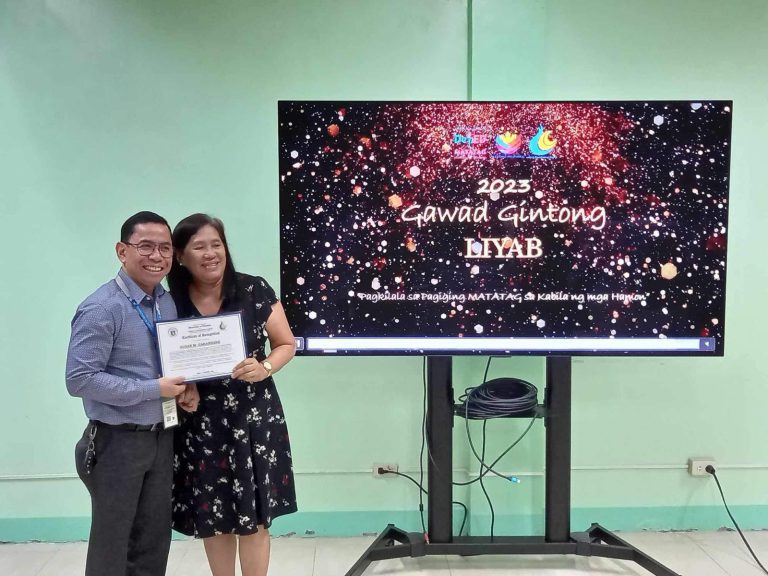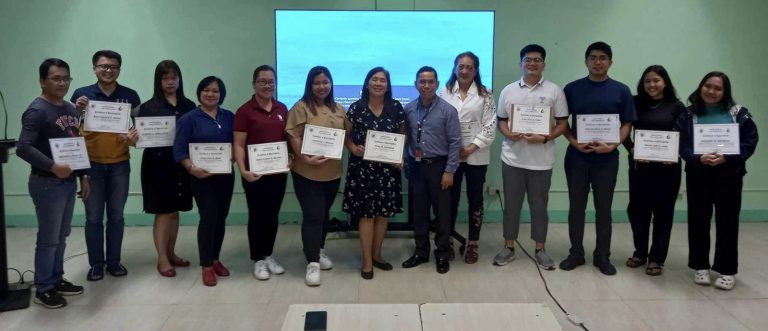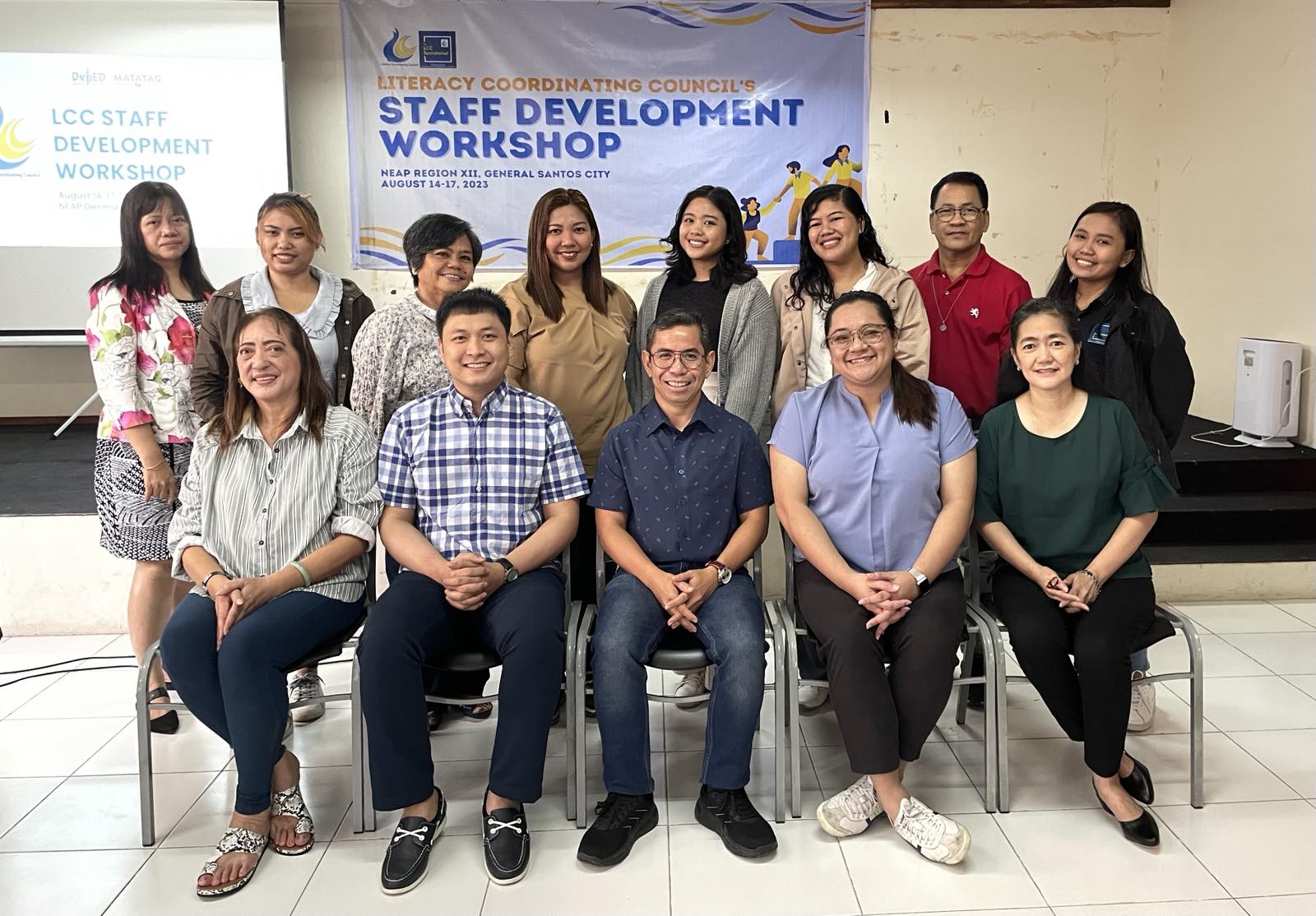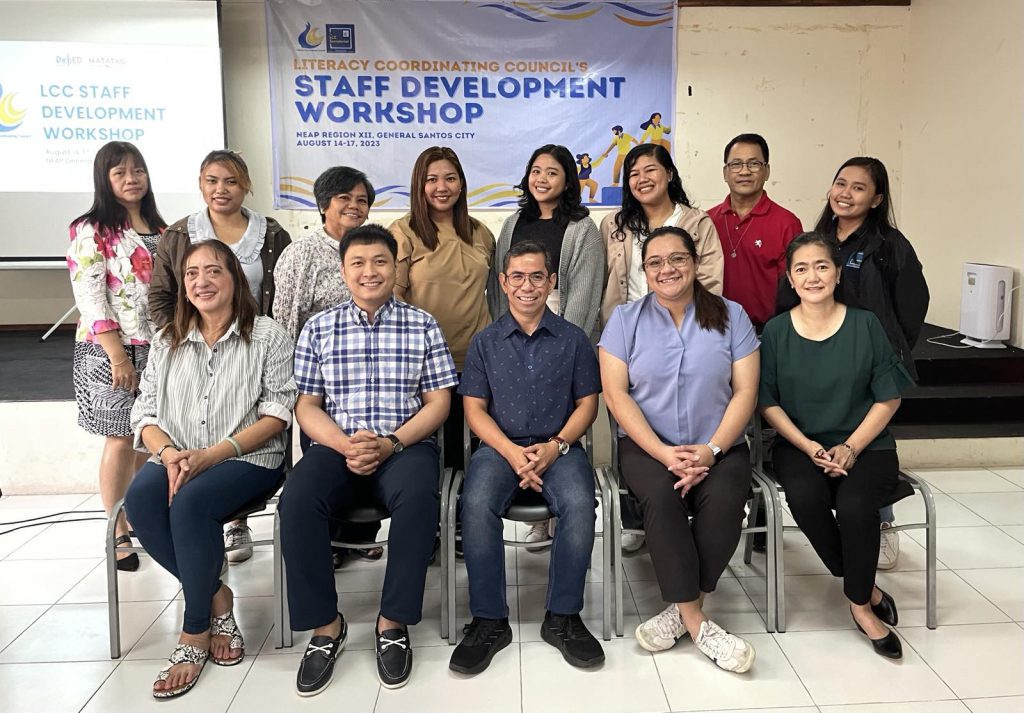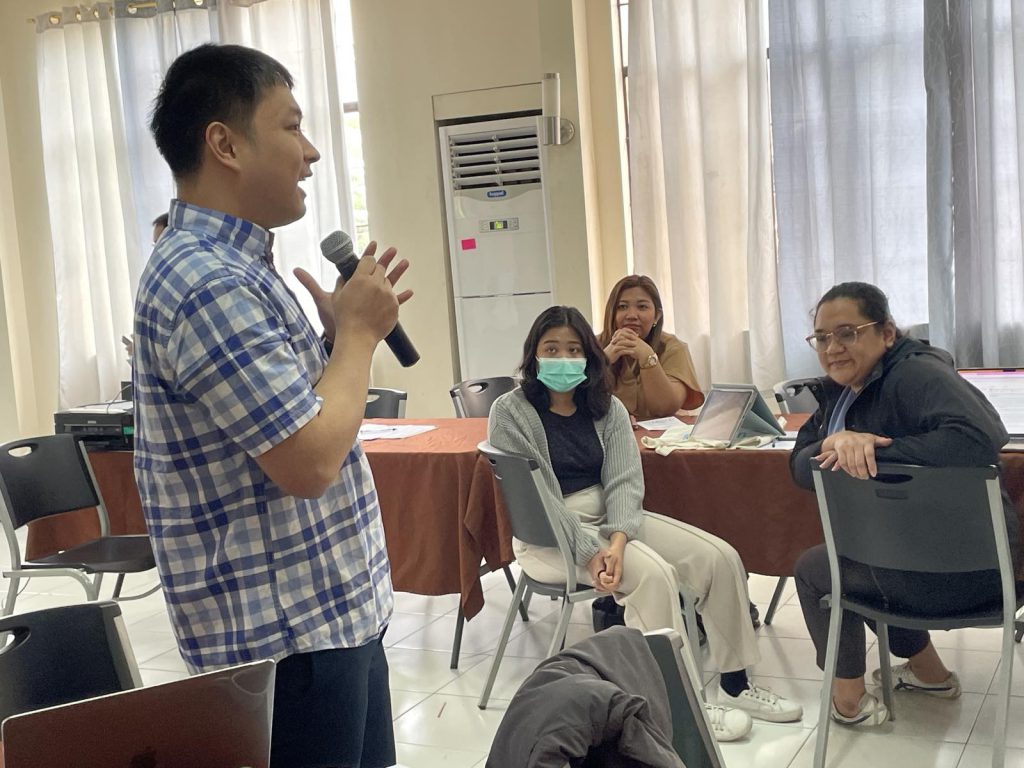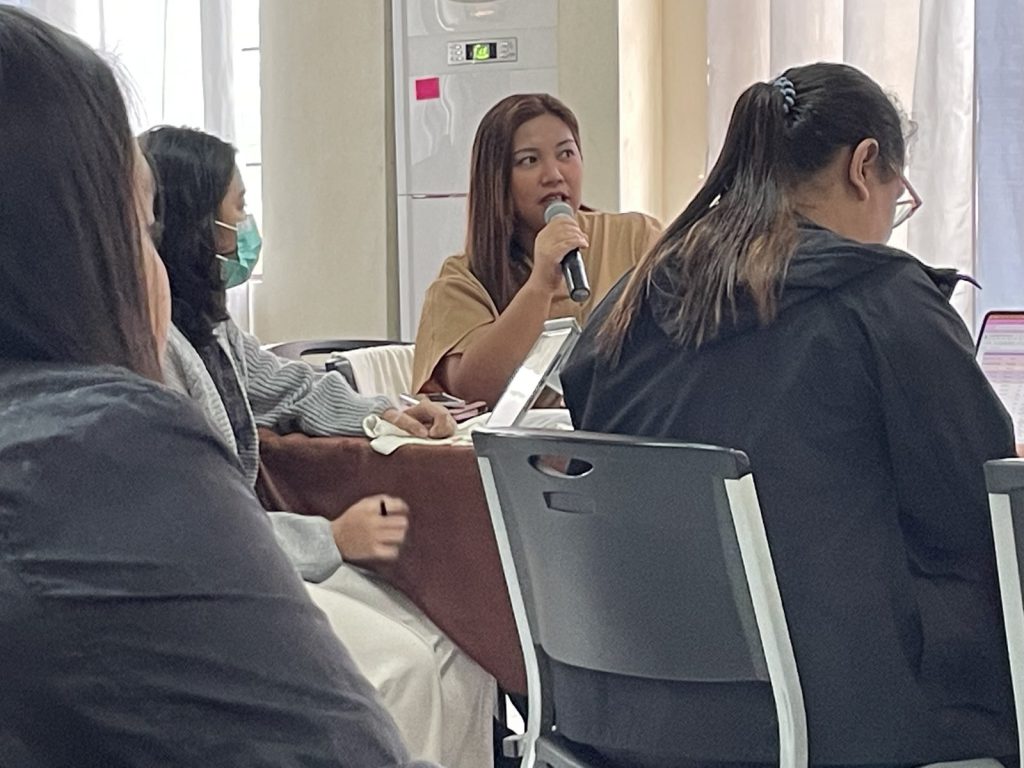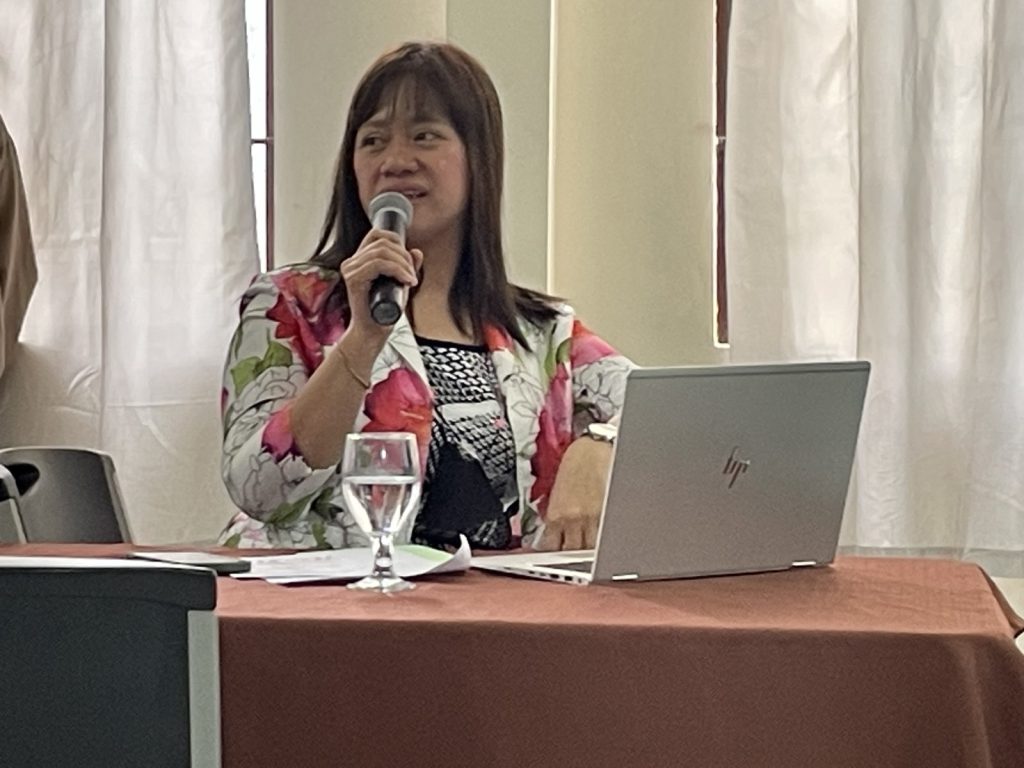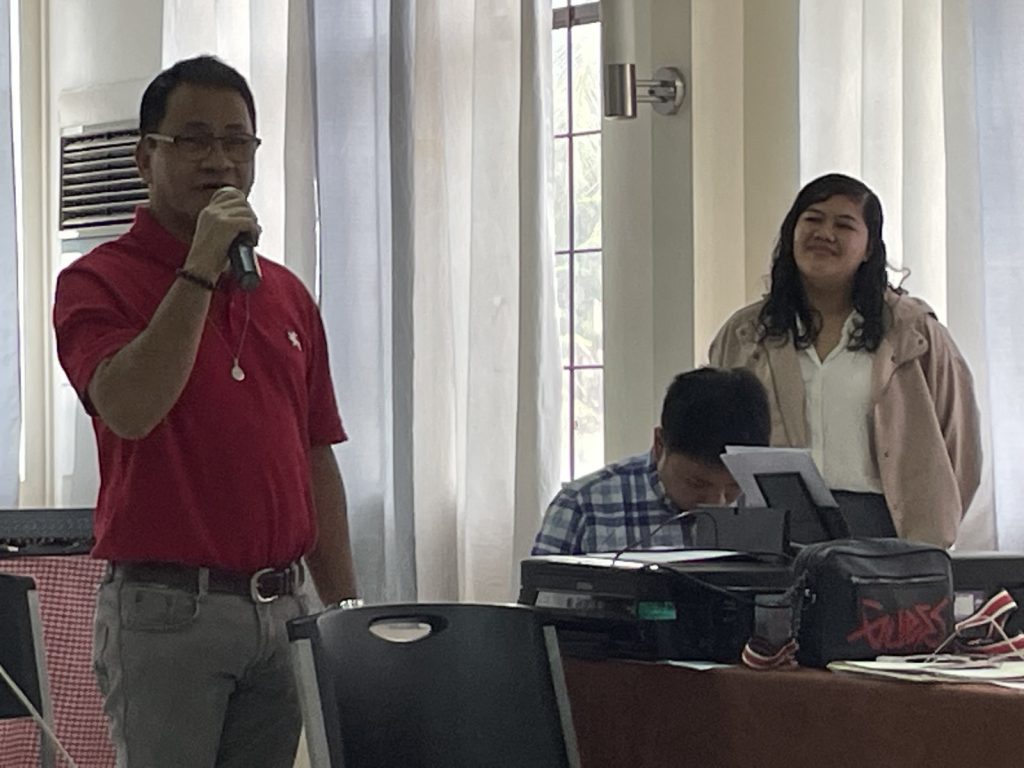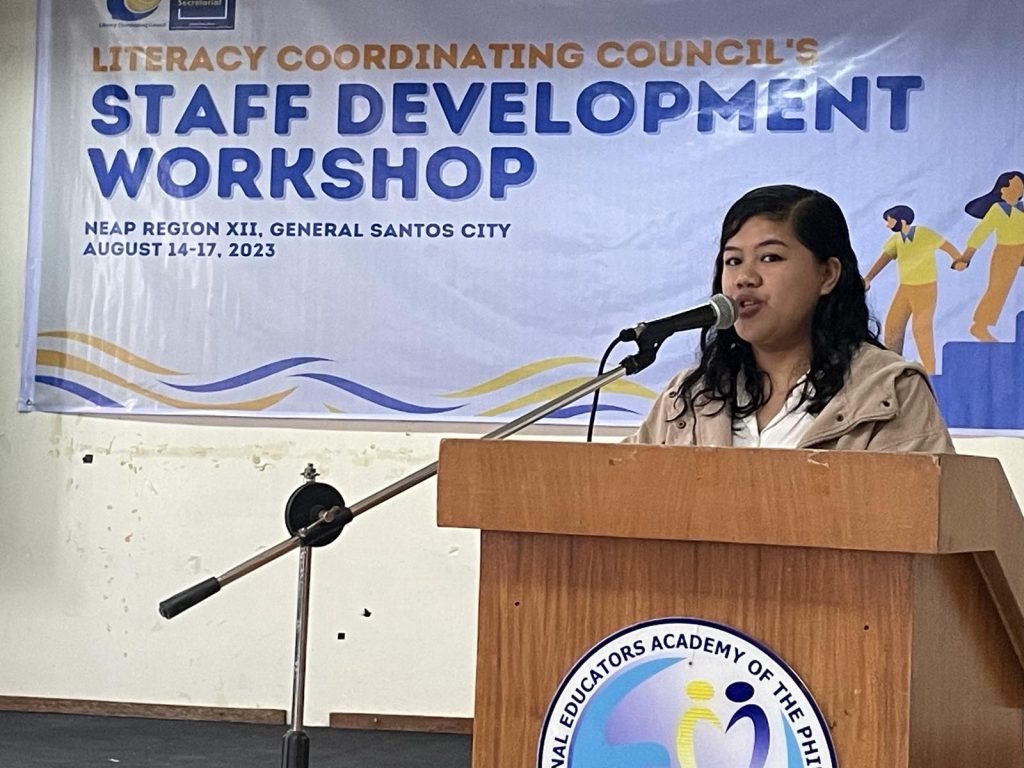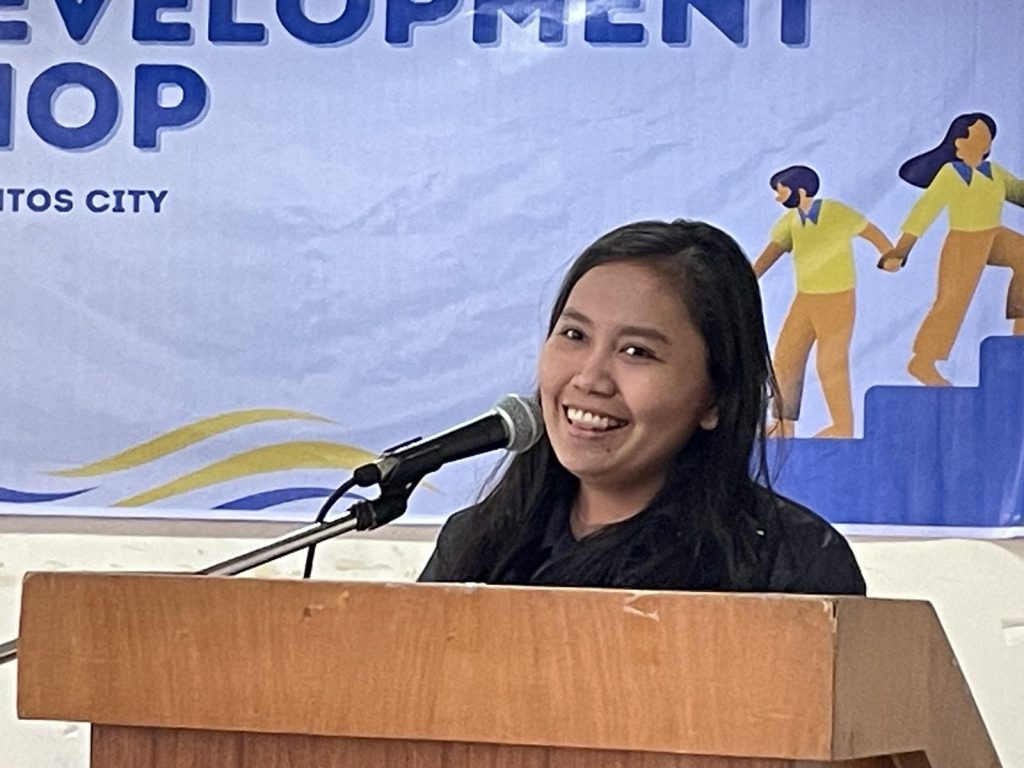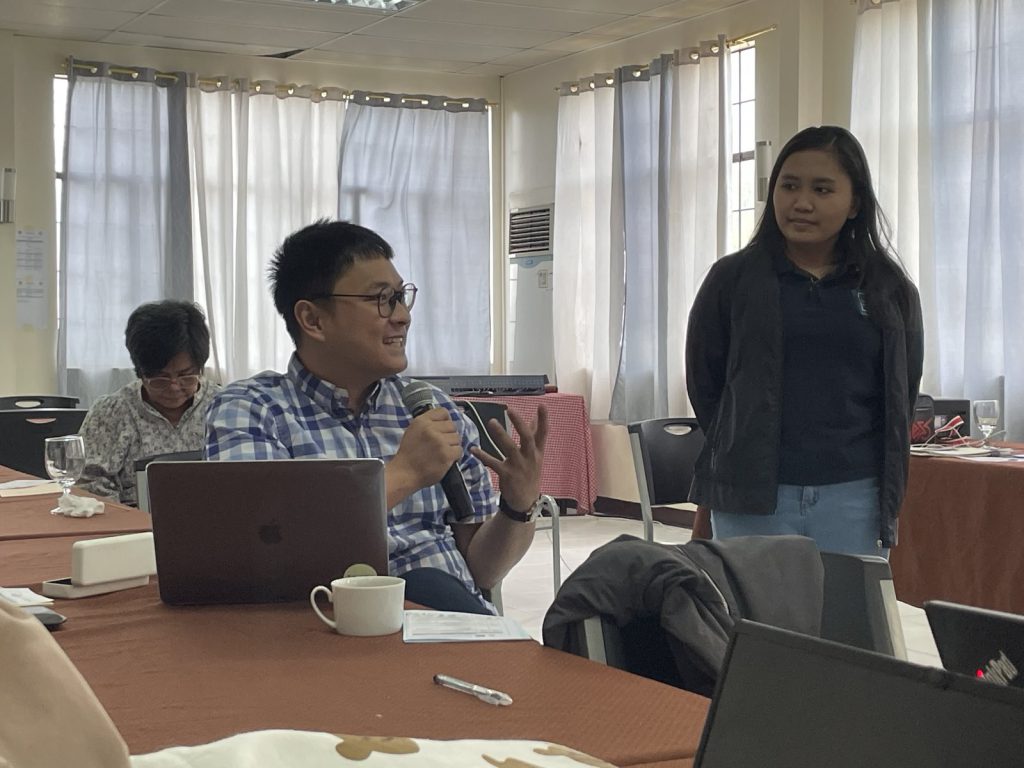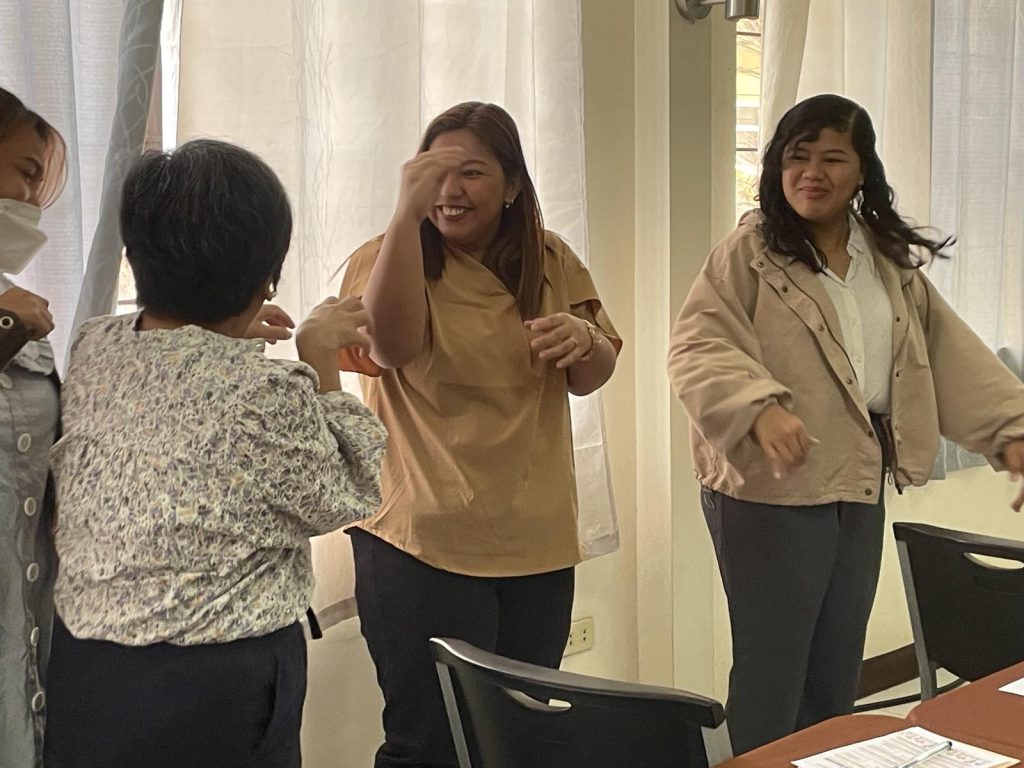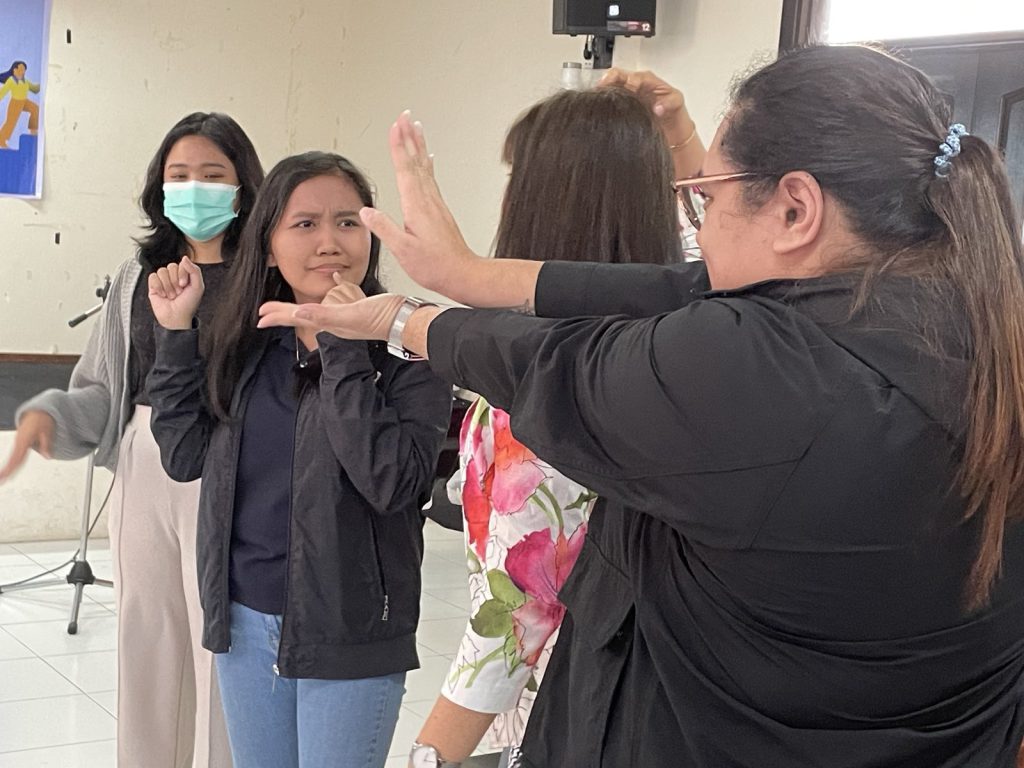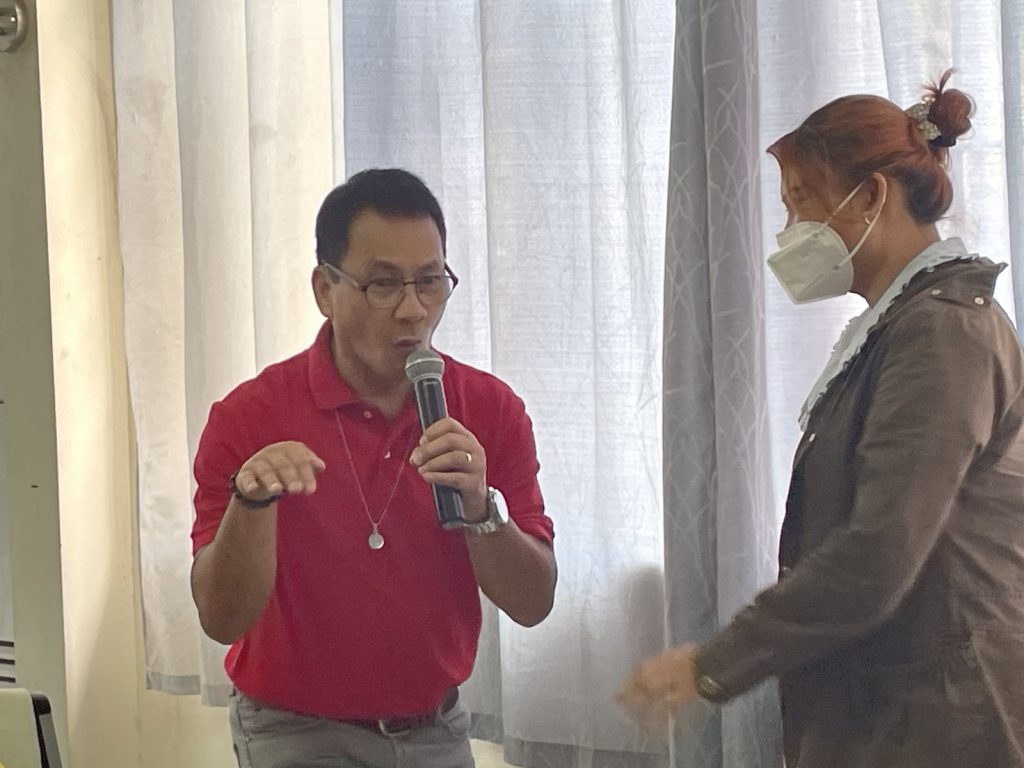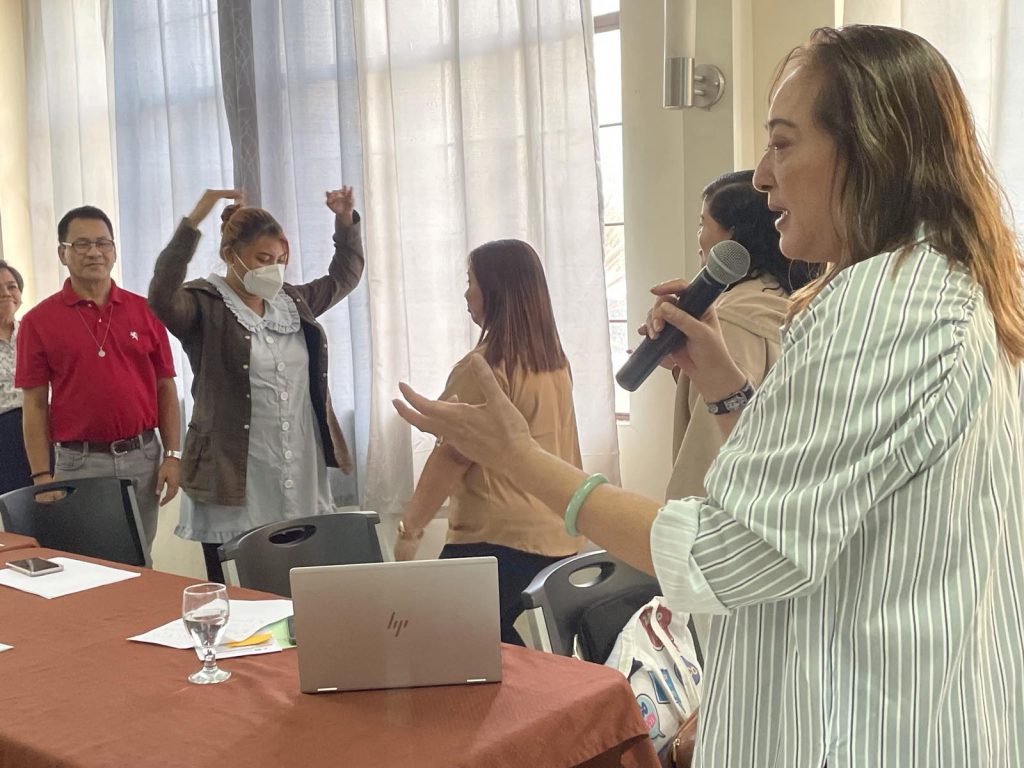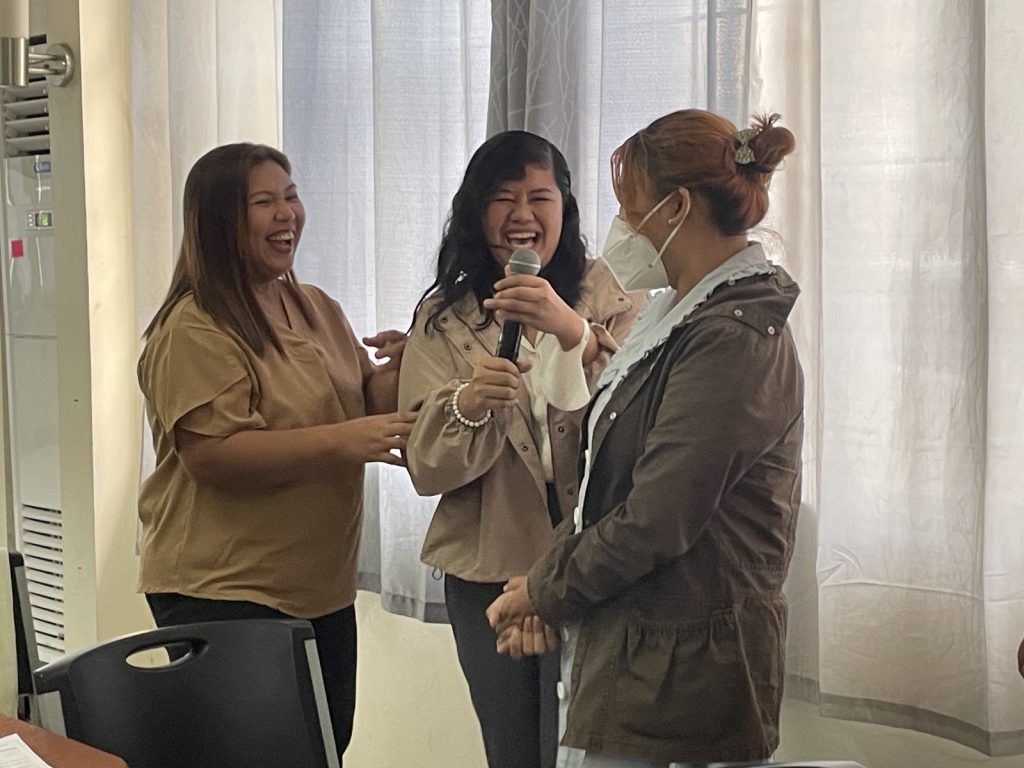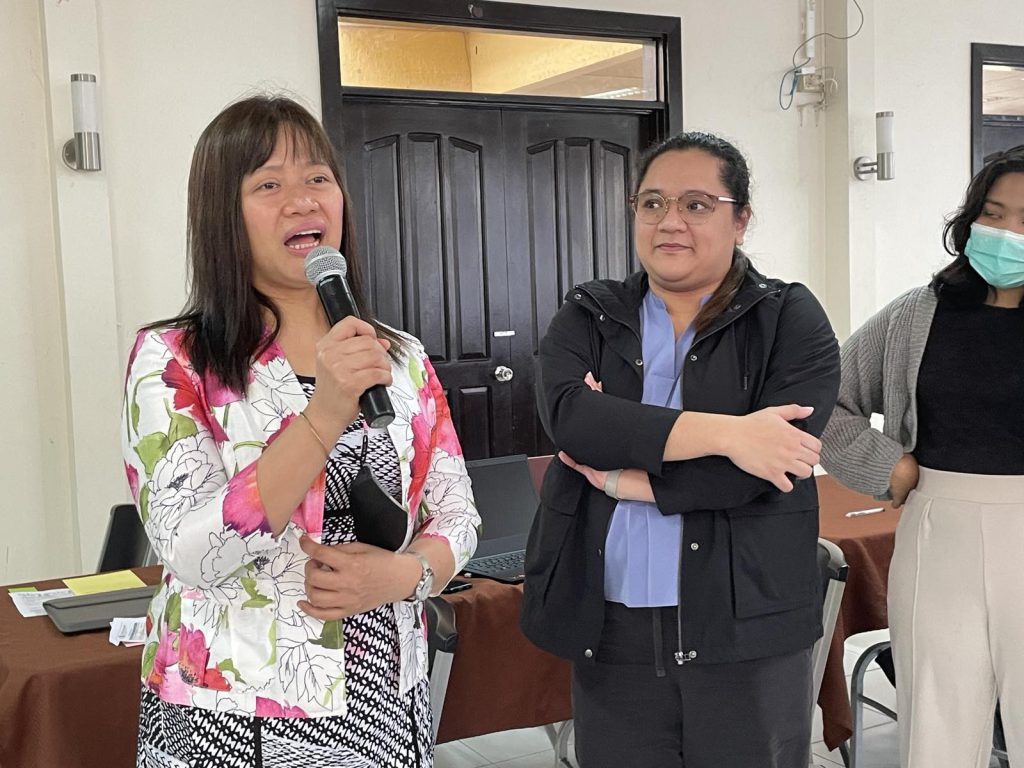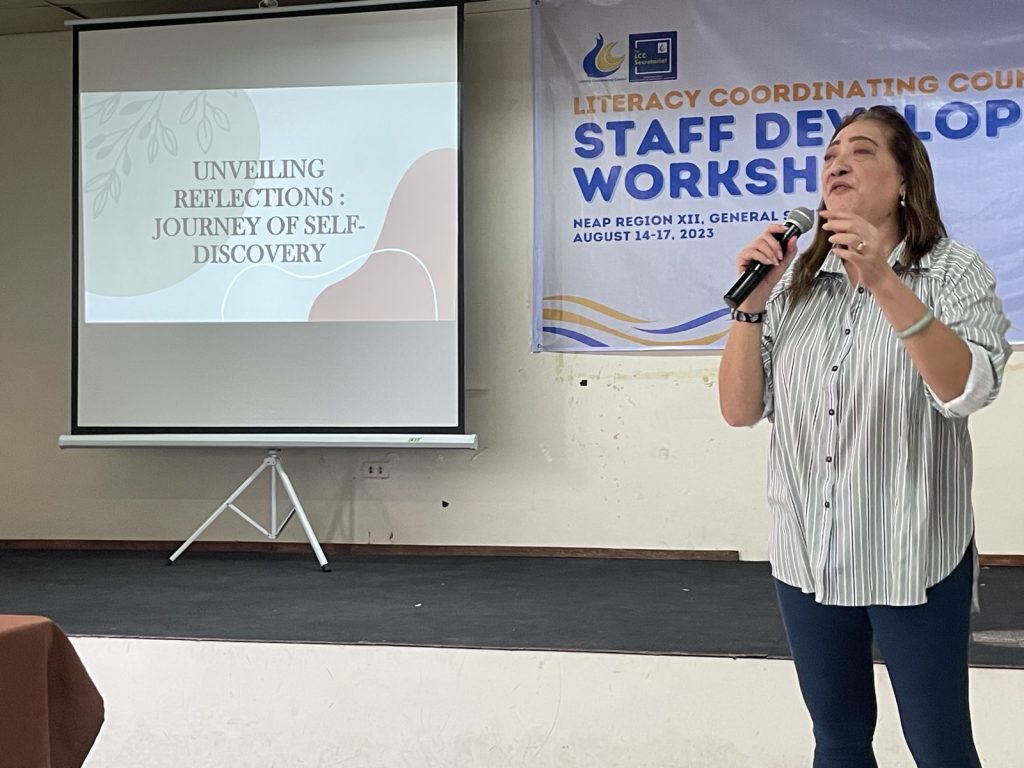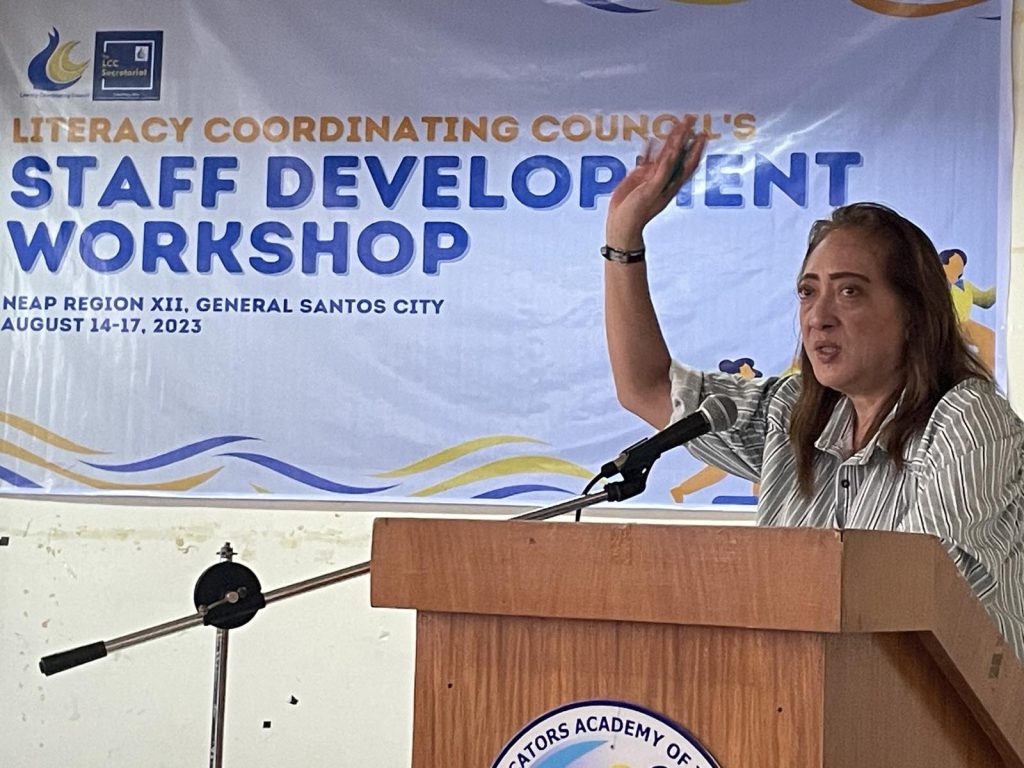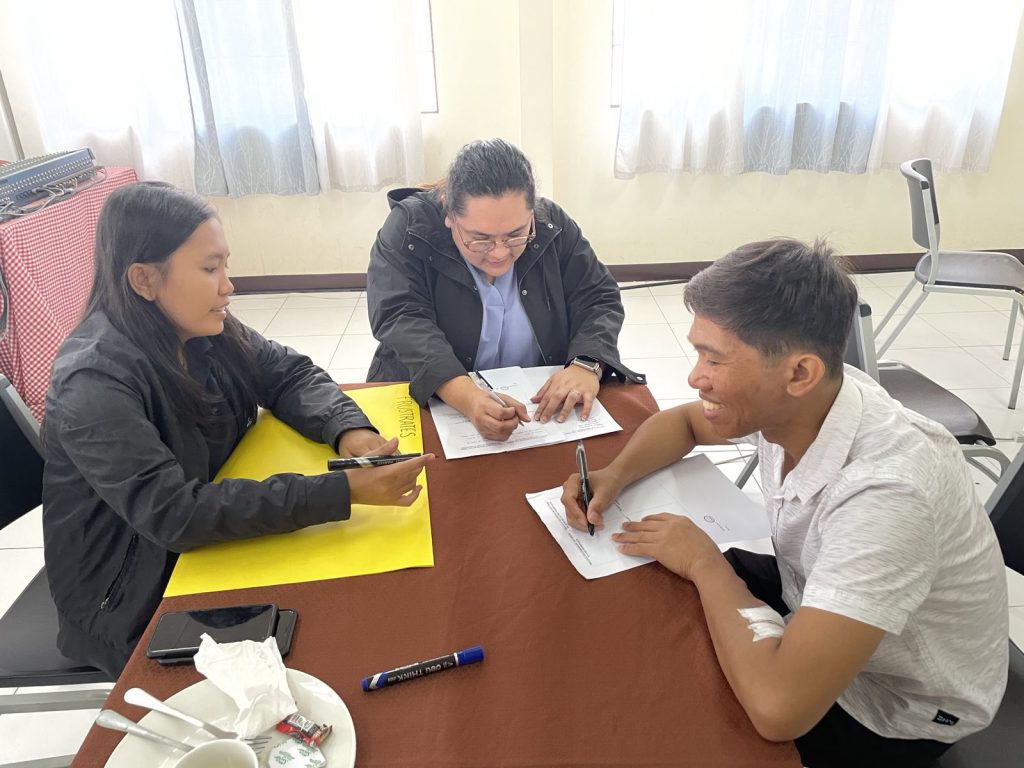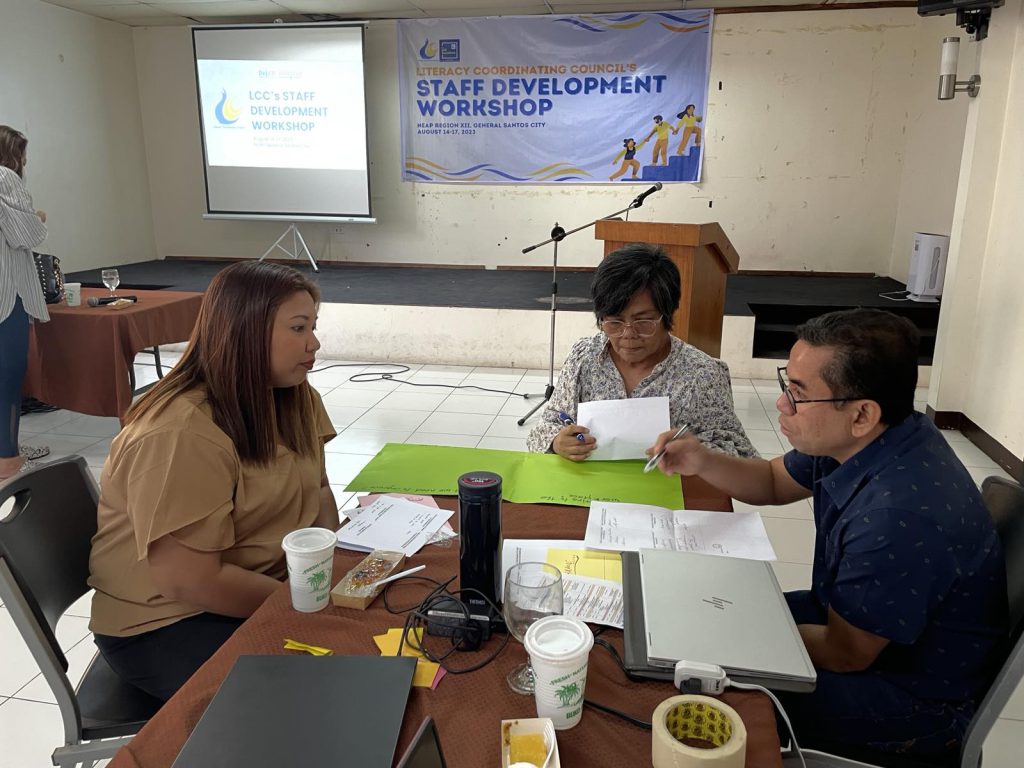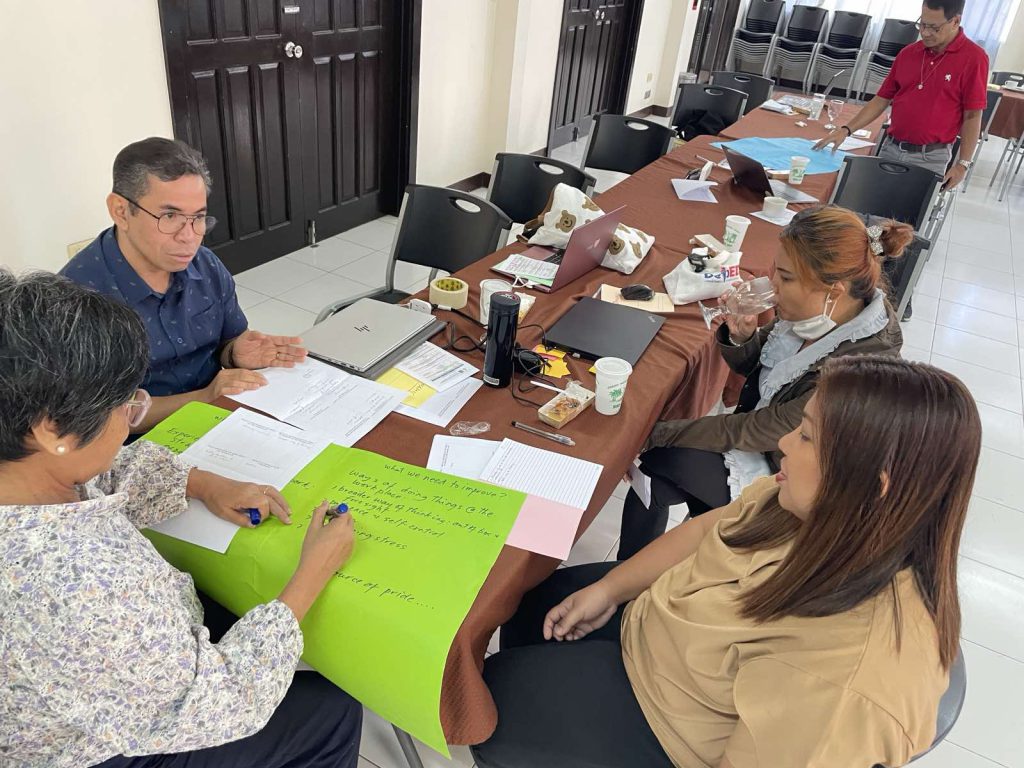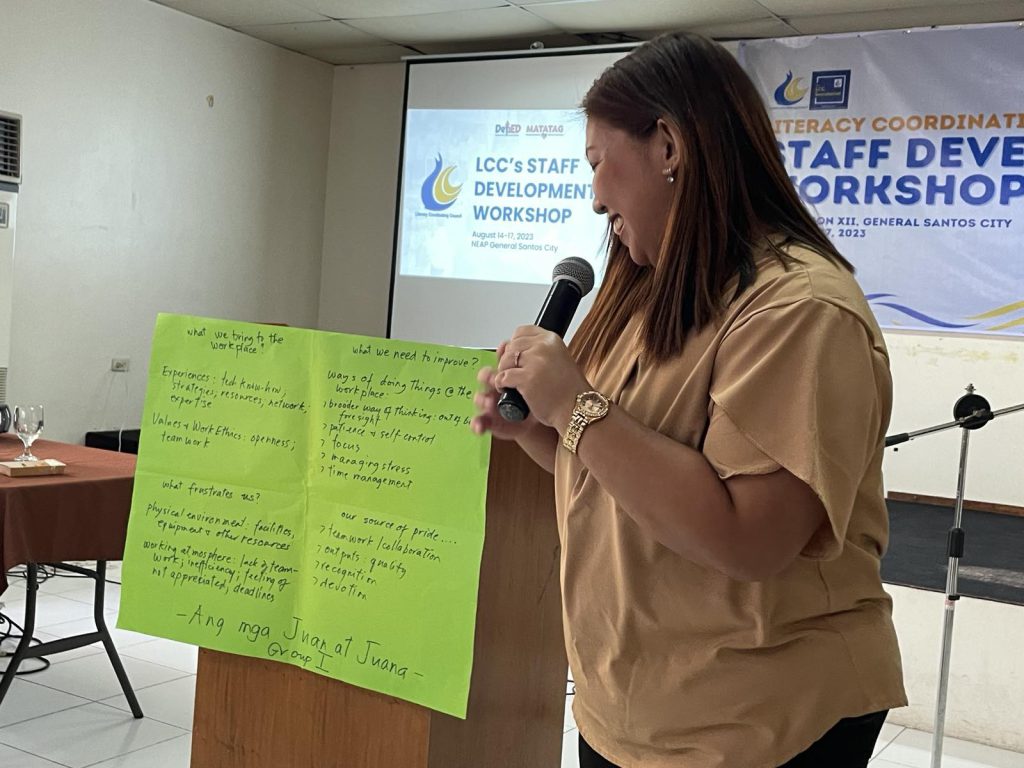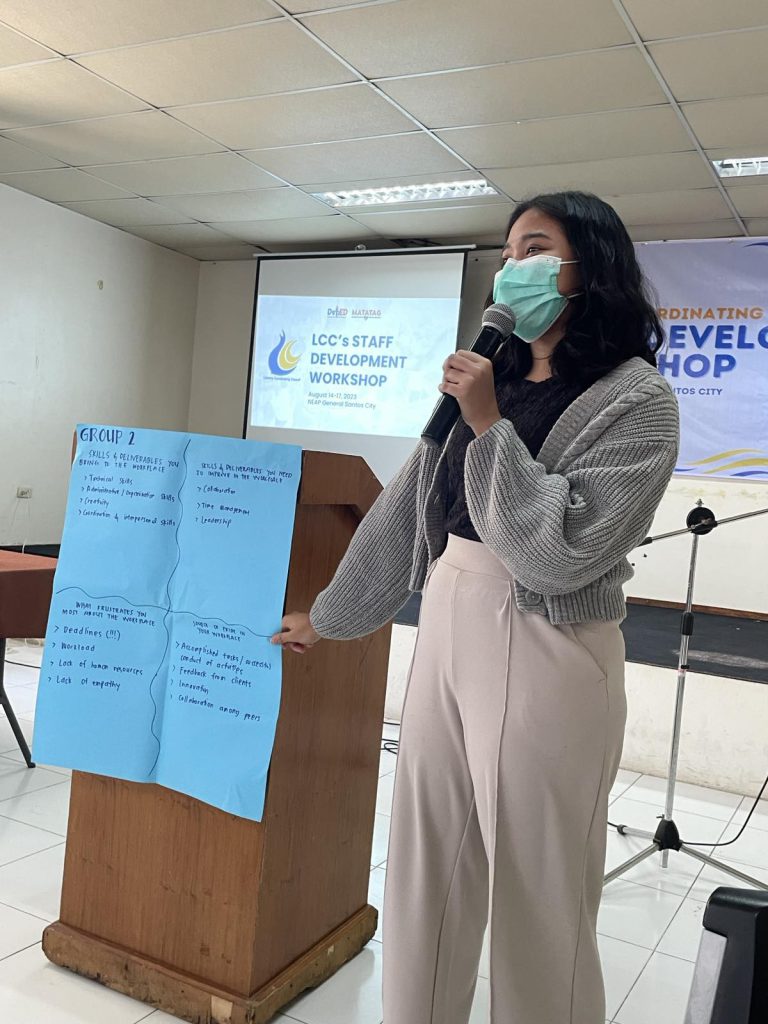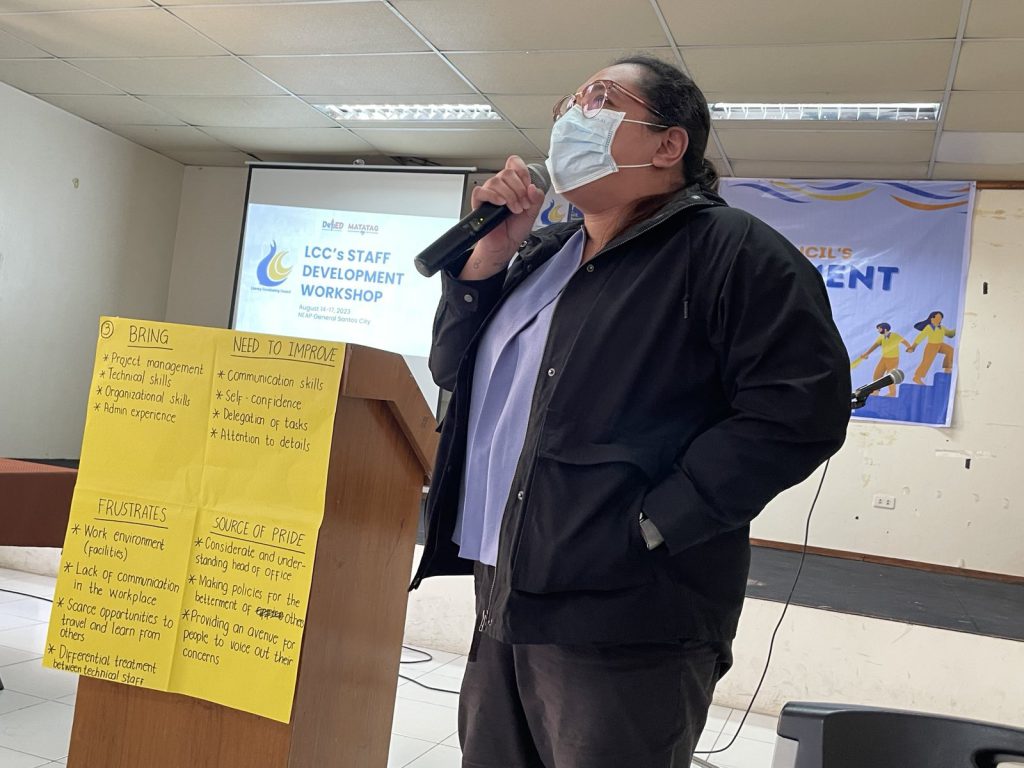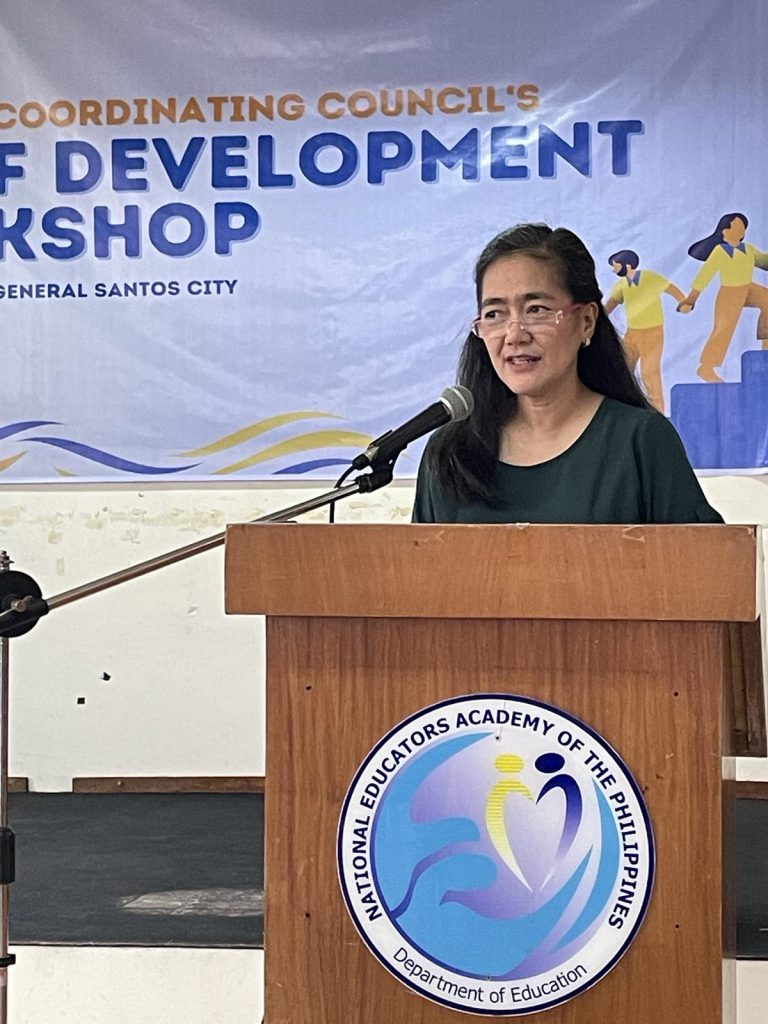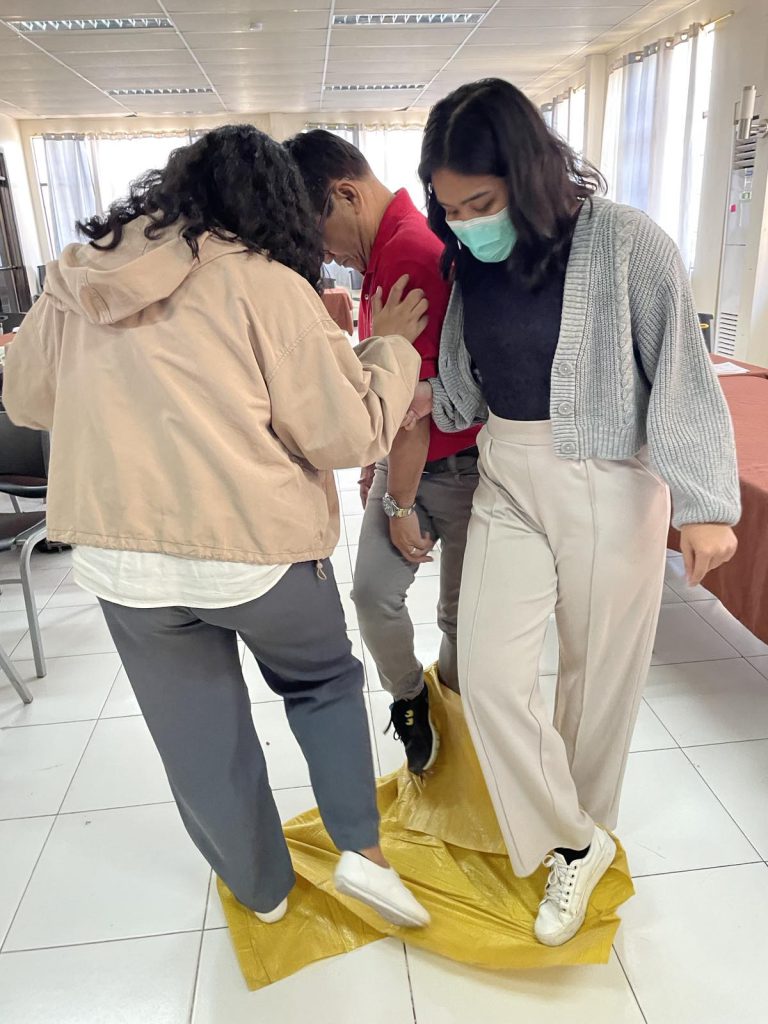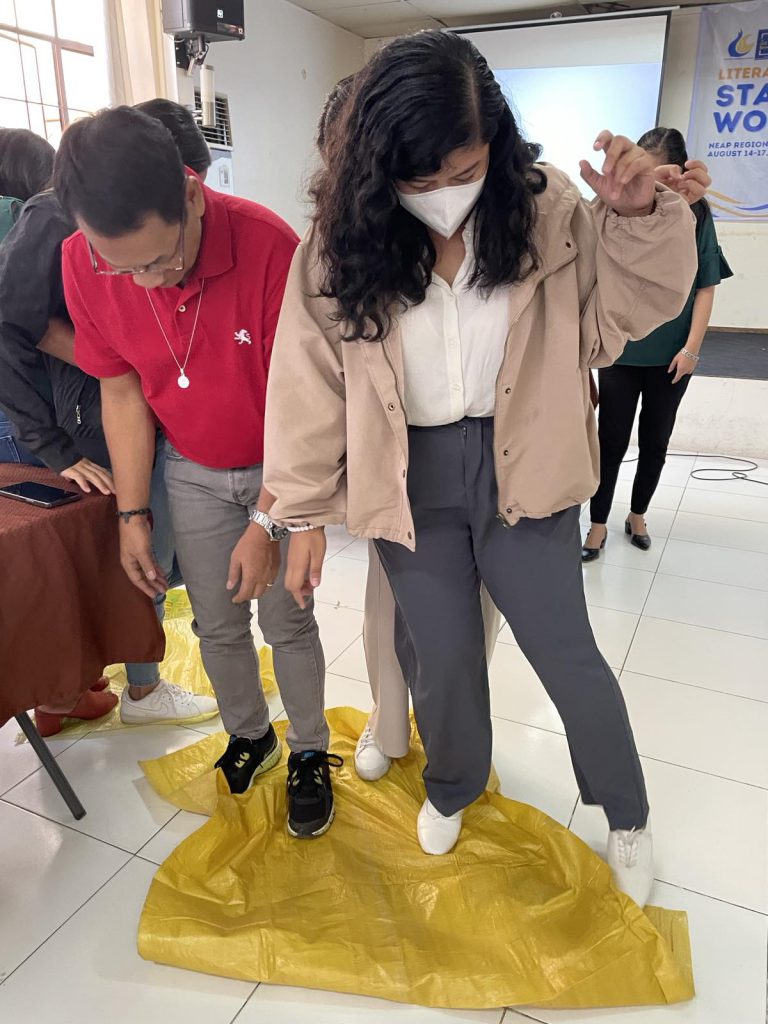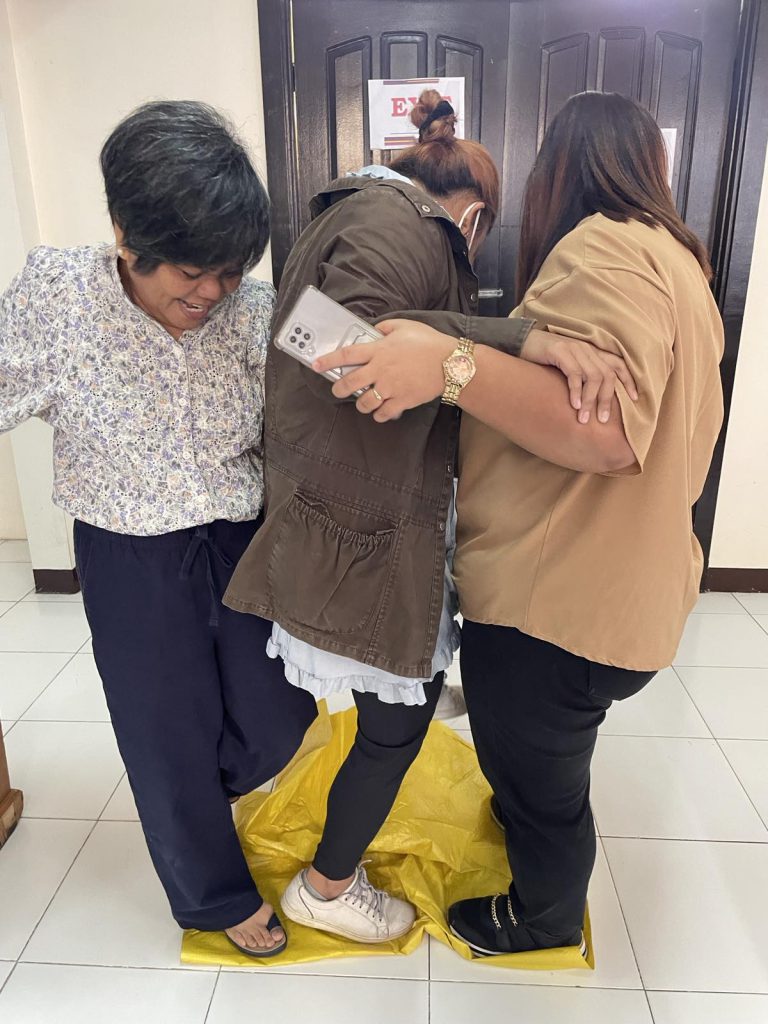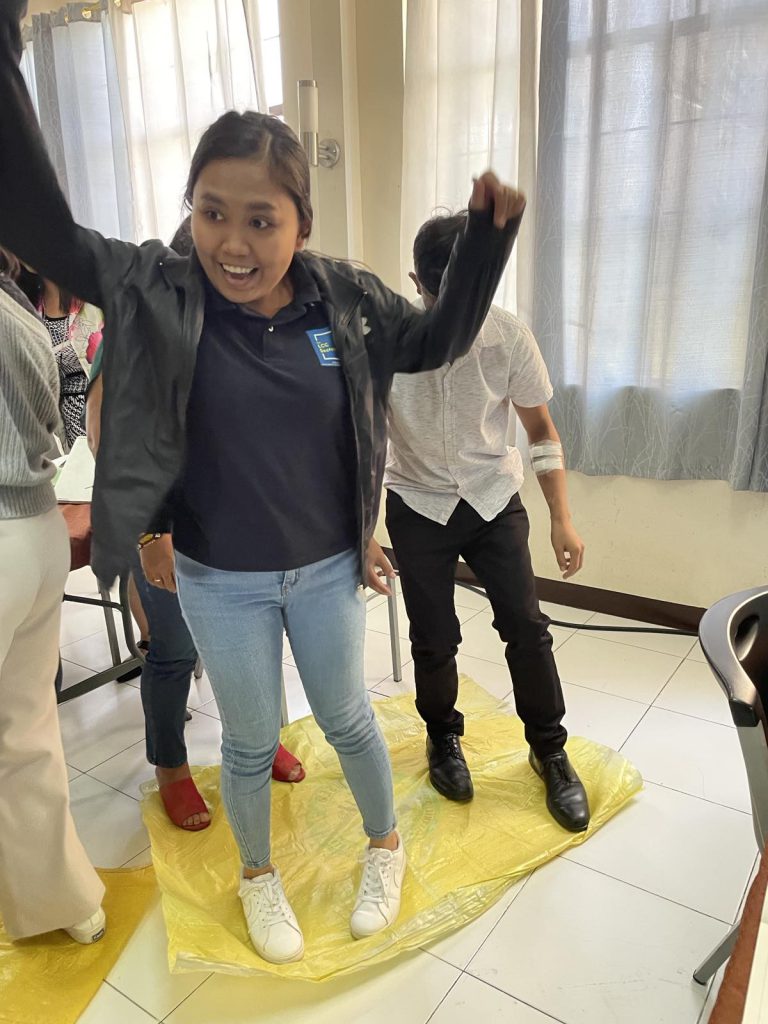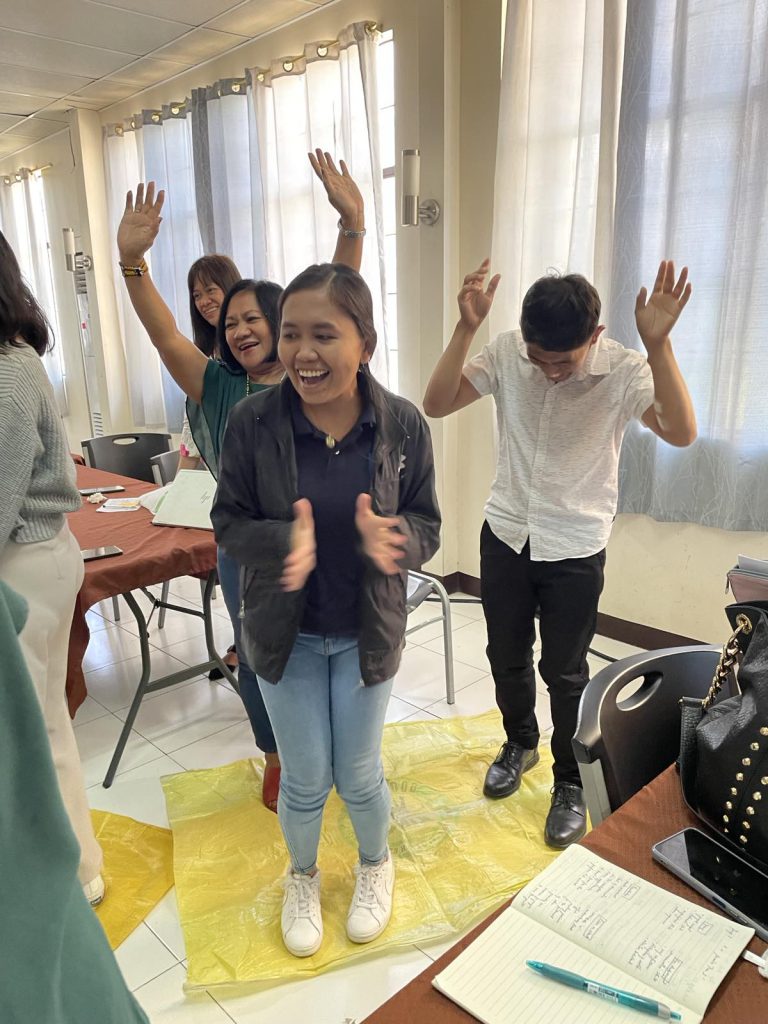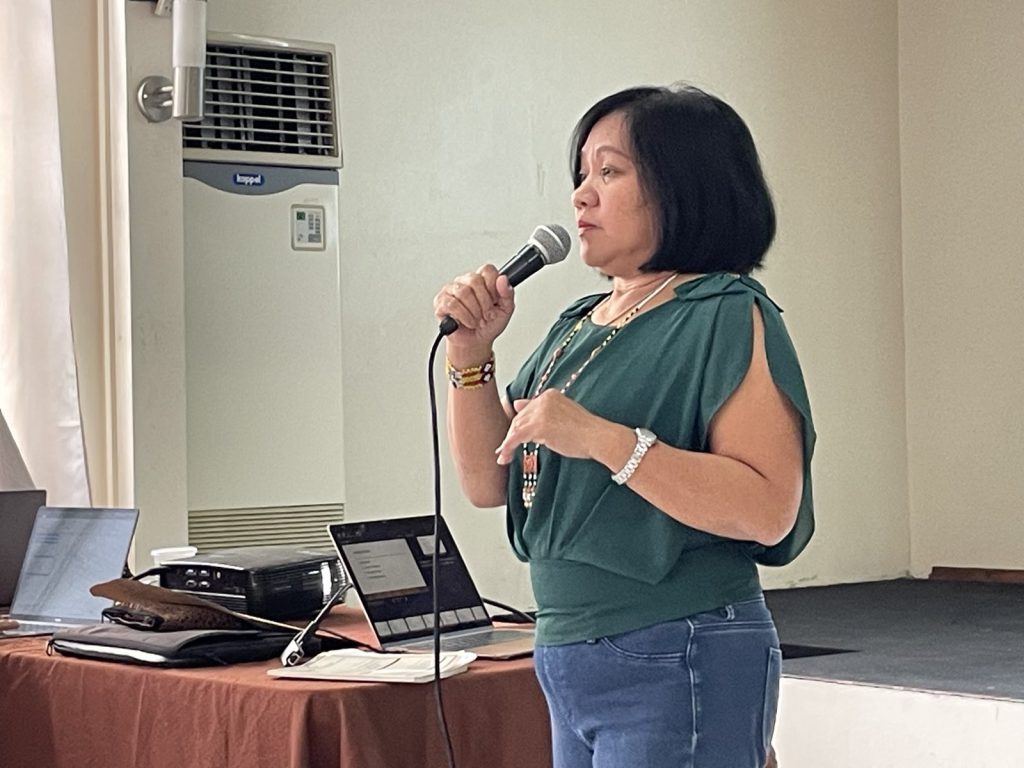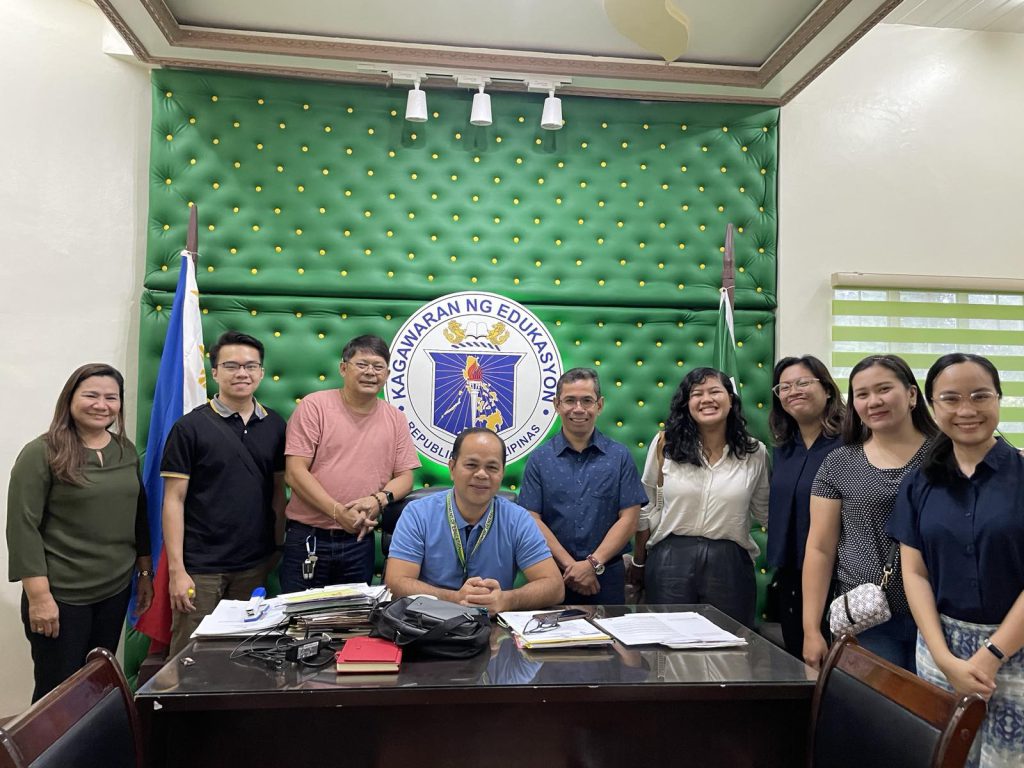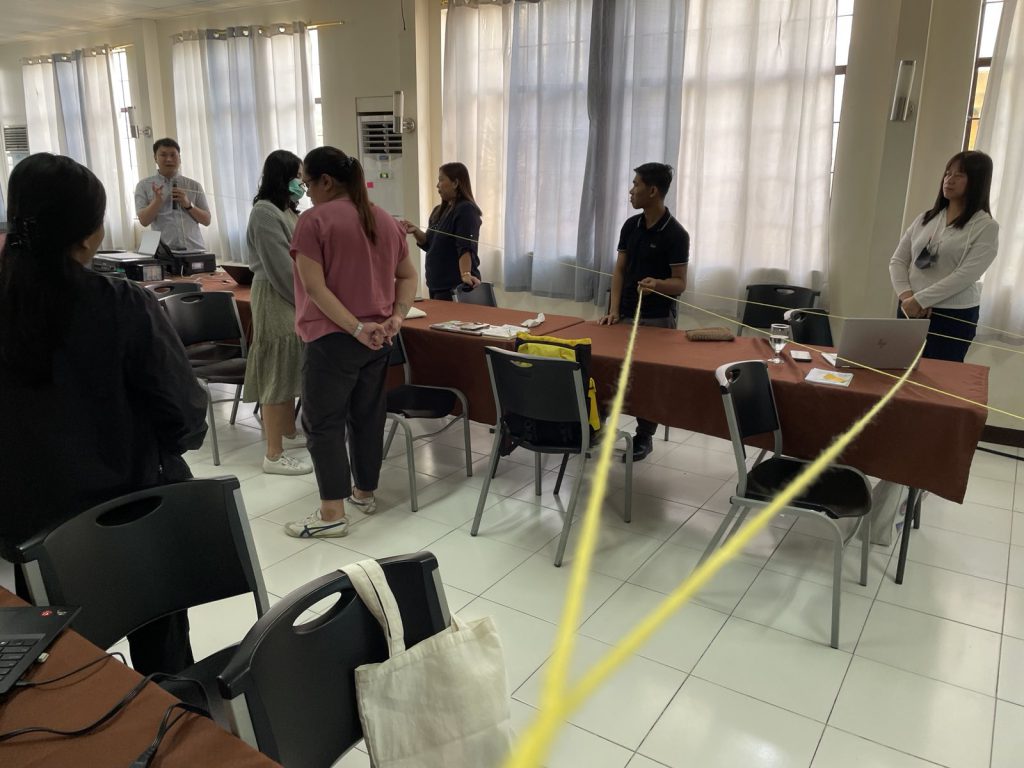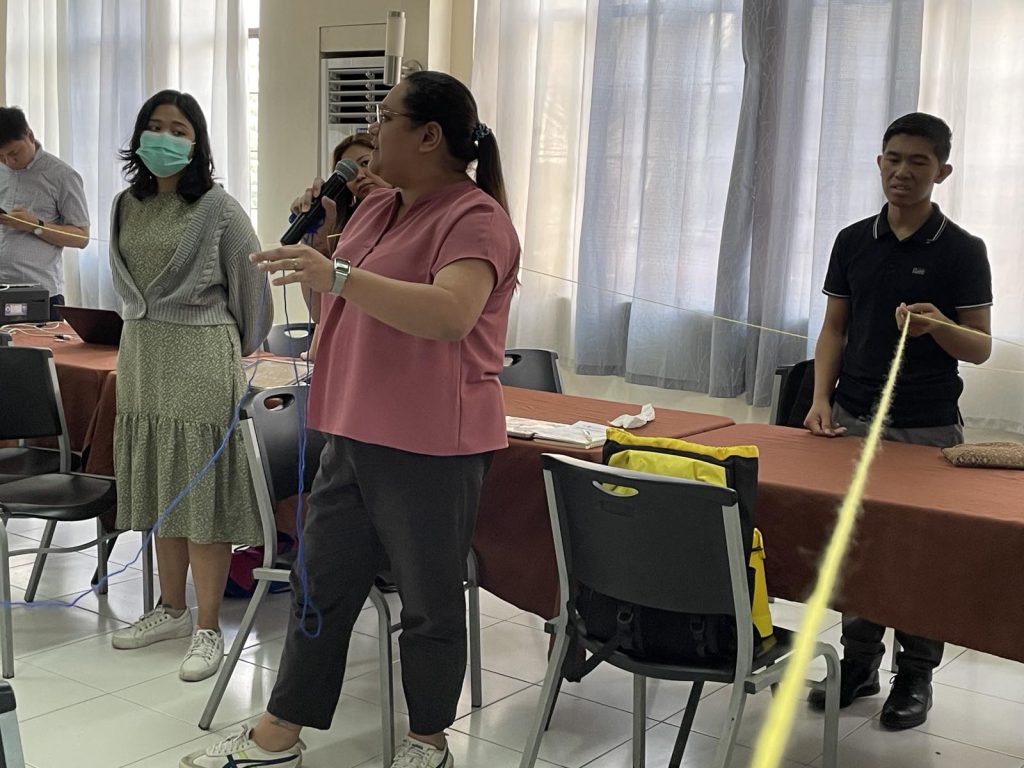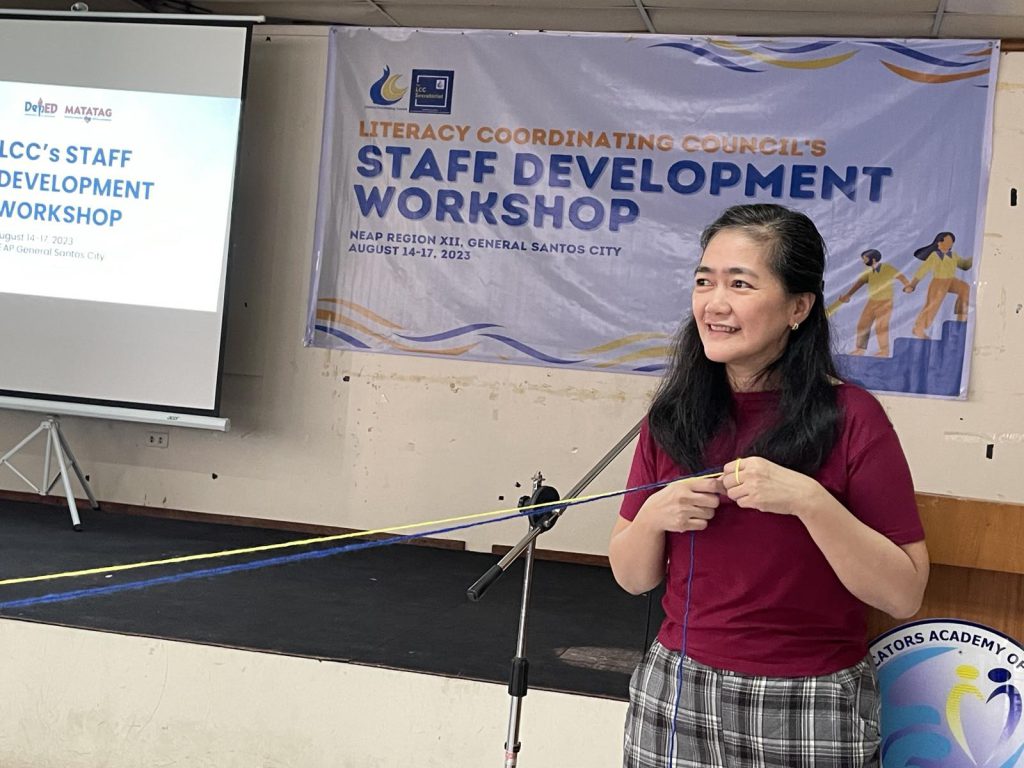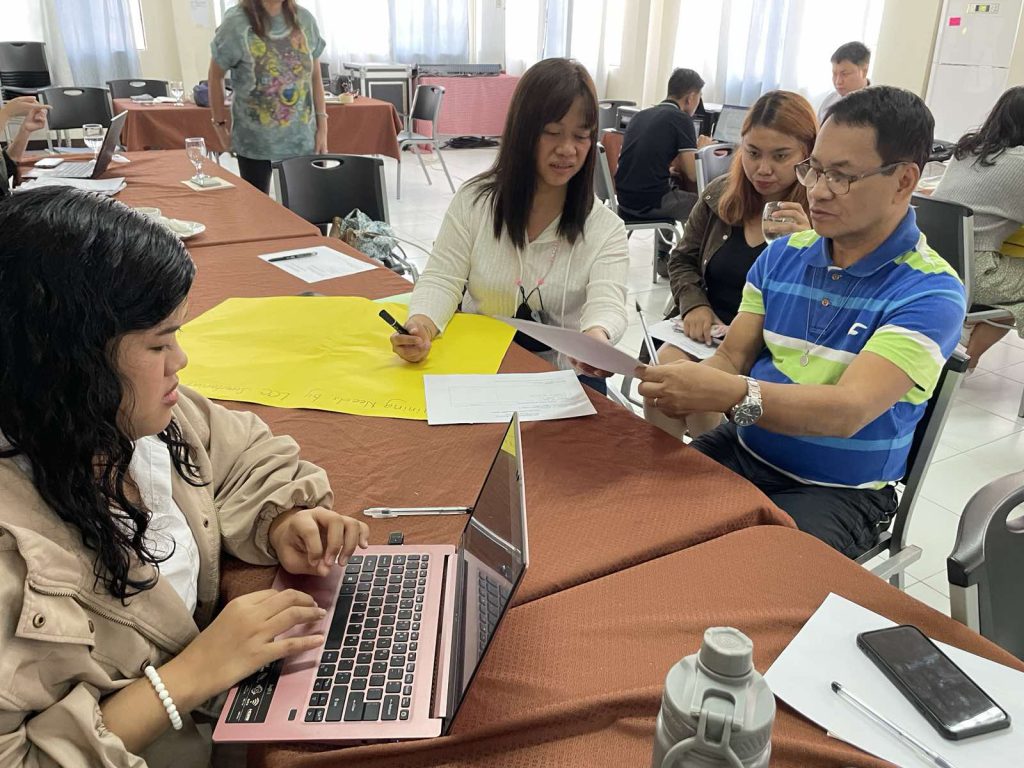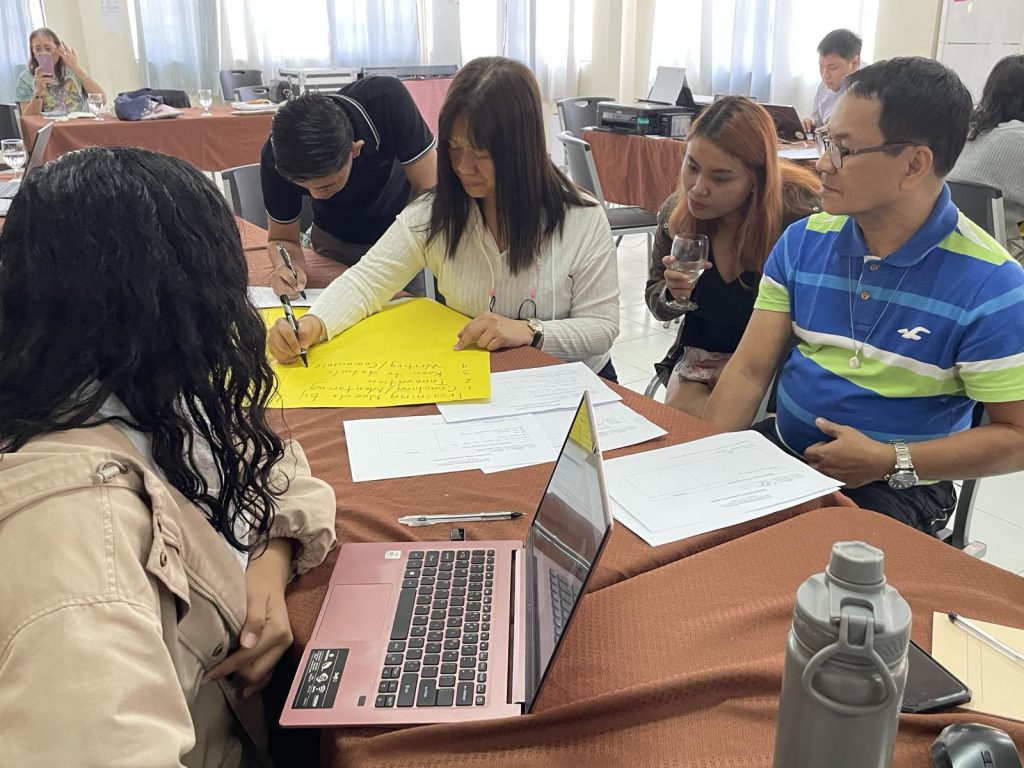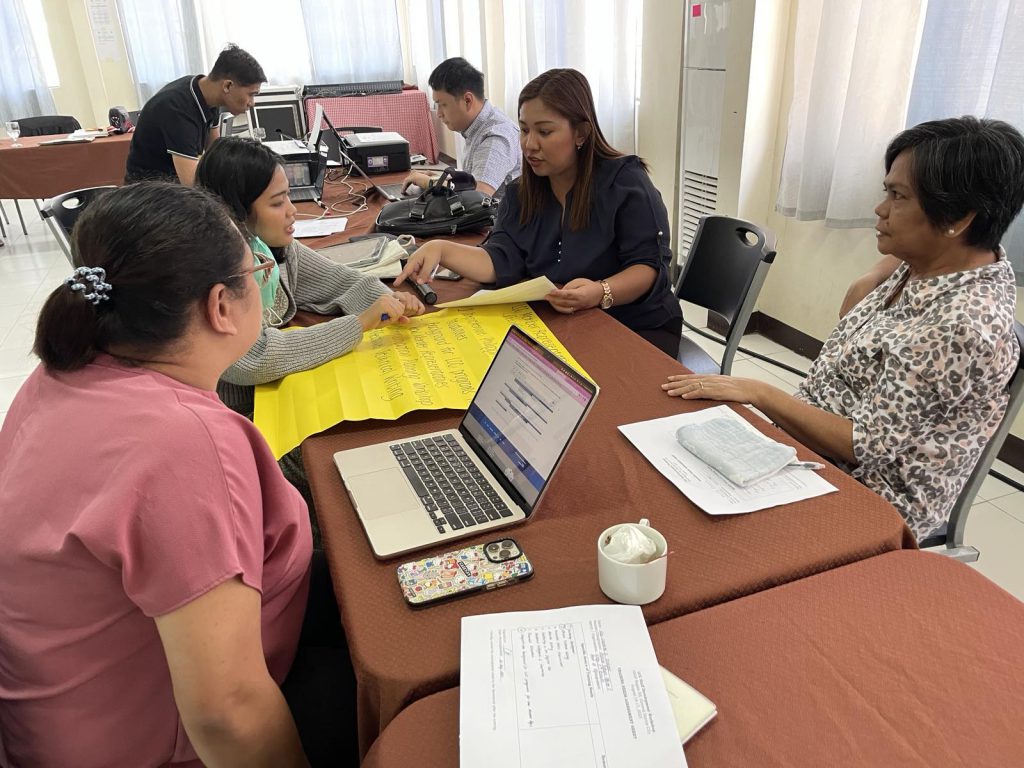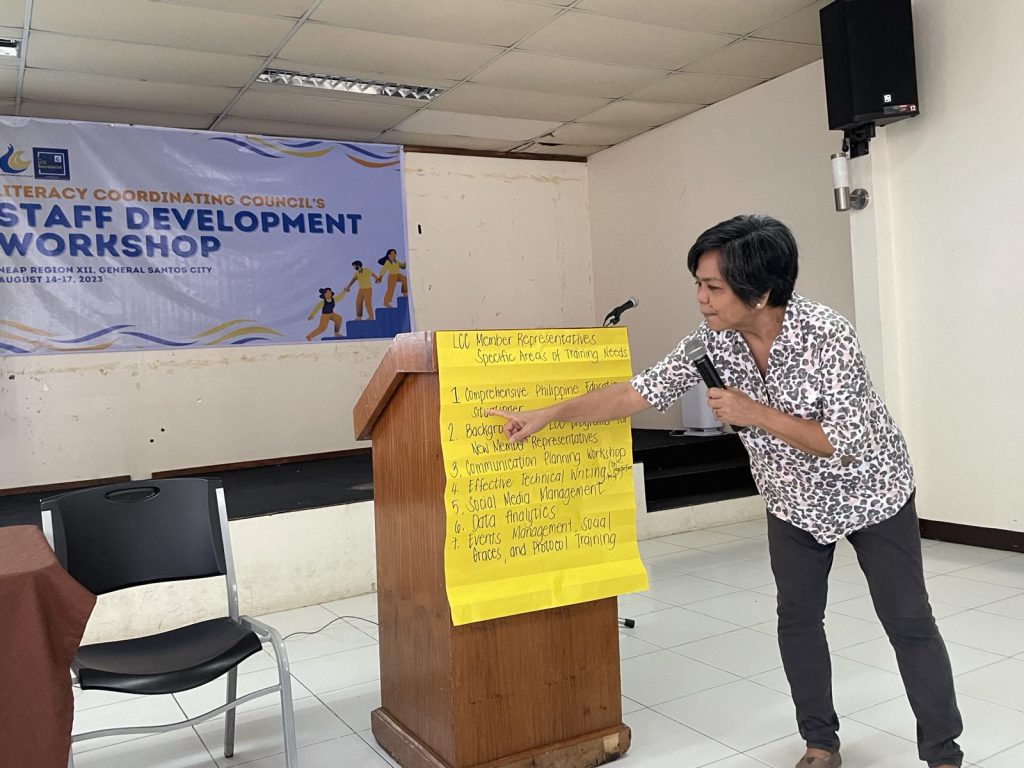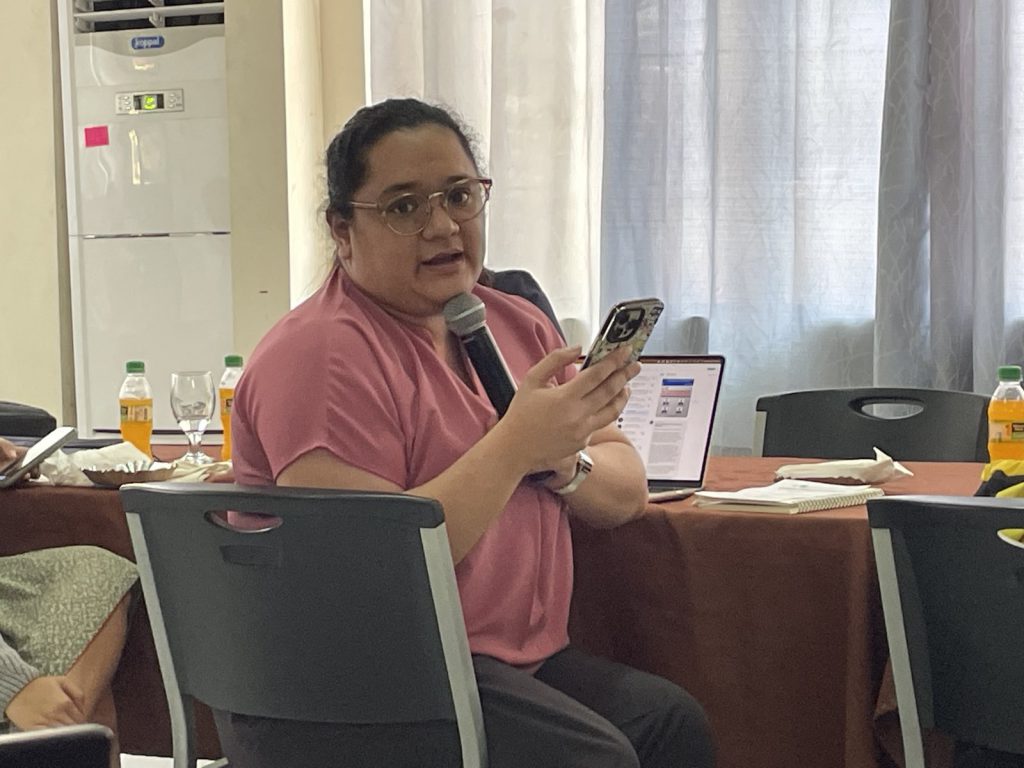DepEd Assistant Secretary Janir Ty Datukan Graces the LCC’s Midyear Performance Review
June 28, 2024 – Quezon City. ASec Janir TY Datukan, Department of Education’s (DepEd) Assistant Secretary for Curriculum and Teaching – Education Assessment and Alternative Education joined the Literacy Coordinating Council (LCC) in its recently concluded 2024 Midyear Performance Review at the Great Eastern Hotel in Quezon City. In his inspirational message, ASec Janir underscored the role of the Council by saying that “there is a lot of work ahead, we have to dream big, we have to carry with us this burden, to really ensure that literacy gets to the grassroots level, especially to those people who are in need.”
The event which was held from June 25-28, 2024 aimed to assess the Council’s progress towards its implementation of programs and projects for the first two quarters of FY 2024; prepare for the Q3-Q4 activities of 2024; and build camaraderie among its LCC member representatives, Technical Working Group (TWG) and LCC Secretariat. Representatives from key organizations such as the Philippine Information Agency, Philippine Senate, National Economic and Development Authority, Philippine Normal University, and Synergeia Foundation participated in this three-day workshop.
Throughout the workshops, participants presented LCC’s accomplishments vis-à-vis the LCC Roadmap and Annual Implementation Plan and discussed how their respective agencies can better support the Council’s efforts. There was a strong commitment to strengthen collaboration among stakeholders, recognizing the importance of effective relationships in fulfilling the LCC’s mandate.
Another highlight of the workshop is the LCC Learning Session where the invited resource person from the Bureau of Curriculum Development, Ms. Mildred Zamar shared insights on the integration of the Madrasah Education into the K-12 curriculum, emphasizing the importance of inclusive reforms in the education sector. She also highlighted the significance of fostering a strong community with diverse personalities in the workplace. During her session, participants explored their unique personalities through a personality test and engaged in a teambuilding activity designed to underscore the value of unity amidst diversity.

Mildred B. Zamar
Supervising Education Program Specialist
DepEd Bureau of Curriculum Development
![[WORKSHOP] LMPR (June 58-28, 2024) (136)](https://lcc.deped.gov.ph//wp-content/uploads/elementor/thumbs/WORKSHOP-LMPR-June-58-28-2024-136-scaled-qqn7euu14quivfmltij7c2tbagcv2u1bif2mwtypy0.jpg)
![[WORKSHOP] LMPR (June 58-28, 2024) (81)](https://lcc.deped.gov.ph//wp-content/uploads/elementor/thumbs/WORKSHOP-LMPR-June-58-28-2024-81-scaled-qqn7eq4u6ko39dtfkyi2hm00bj010cintrt7ig5ot4.jpg)
![[WORKSHOP] LMPR (June 58-28, 2024) (66)](https://lcc.deped.gov.ph//wp-content/uploads/elementor/thumbs/WORKSHOP-LMPR-June-58-28-2024-66-scaled-qqn7ejjyuqf3042zndnoi5ns5twgigsjgv8t5ifg0o.jpg)
![[WORKSHOP] LMPR (June 58-28, 2024) (58)](https://lcc.deped.gov.ph//wp-content/uploads/elementor/thumbs/WORKSHOP-LMPR-June-58-28-2024-58-qqn7edwxpq7d2gb6kb7x3730lio98a65g3bw9unt20.jpg)
![[WORKSHOP] LMPR (June 58-28, 2024) (55)](https://lcc.deped.gov.ph//wp-content/uploads/elementor/thumbs/WORKSHOP-LMPR-June-58-28-2024-55-scaled-qqn7e97qrk0xgei0br6s8q9pmlbf5snhrg2gvgurx4.jpg)
![[WORKSHOP] LMPR (June 58-28, 2024) (224)](https://lcc.deped.gov.ph//wp-content/uploads/elementor/thumbs/WORKSHOP-LMPR-June-58-28-2024-224-scaled-qqn7fl5ig3ujwikdjtwr9w67x8r52cxsy1c8ckvp3s.jpg)
![[WORKSHOP] LMPR (June 58-28, 2024) (185)](https://lcc.deped.gov.ph//wp-content/uploads/elementor/thumbs/WORKSHOP-LMPR-June-58-28-2024-185-scaled-qqn7fekn49ljn8txm92daftzrjnkkh7ol4rtzn5gbc.jpg)
![[WORKSHOP] LMPR (June 58-28, 2024) (183)](https://lcc.deped.gov.ph//wp-content/uploads/elementor/thumbs/WORKSHOP-LMPR-June-58-28-2024-183-scaled-qqn7f8xlz9dtpl24j6mlvh9878fdaalakcux3zdtco.jpg)
![[WORKSHOP] LMPR (June 58-28, 2024) (49)](https://lcc.deped.gov.ph//wp-content/uploads/elementor/thumbs/WORKSHOP-LMPR-June-58-28-2024-49-scaled-qqn7e2mvfprx74rke6ce99xhgw7unwxdeji2ij4j4o.jpg)
![[WORKSHOP] LMPR (June 58-28, 2024) (40)](https://lcc.deped.gov.ph//wp-content/uploads/elementor/thumbs/WORKSHOP-LMPR-June-58-28-2024-40-1-scaled-qqn7dsancjdrnf6l2jvhzujexnmtb8sbp4bq8hjv14.jpg)
Overall, the event was seen as insightful and productive, fostering a sense of camaraderie among participants while reaffirming their dedication to advancing literacy across the country.
Contributed by:
Rossan C. Ignacio
Technical Assistant II
